This book focuses on the extraordinary mythical traditions and ritual practices in a remote community in the Himalayan mountains, studied over a long period of field research by Michael Oppitz. It is the English version of his German original, first published in 1980 by Syndikat Verlag under the title Schamanen im Blinden Land, which has long since been out of print. That book came out in parallel to a film of the same name, today considered a classic. Now appearing in English as Shamans of the Blind Country. A picture book from the Himalaya the new version extends the old by more than a third of the original documentary photographs; it traces the historical changes that have transformed this mountainous region of Nepal over the last four decades in an extensive epilogue; and it suggests a wider context of ritual healing in the Himalaya by appending a selection of early pictures of shamanism in Siberia.
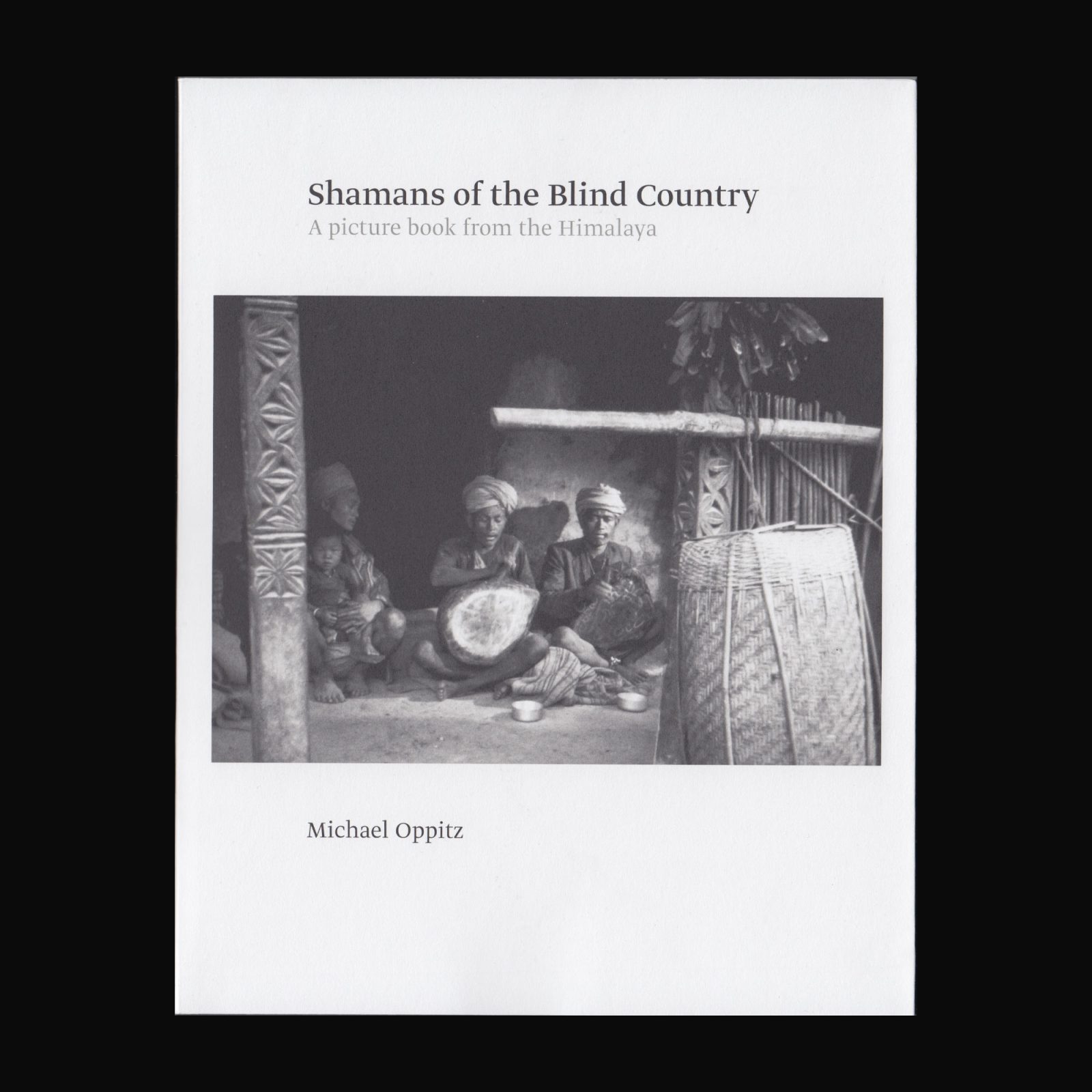
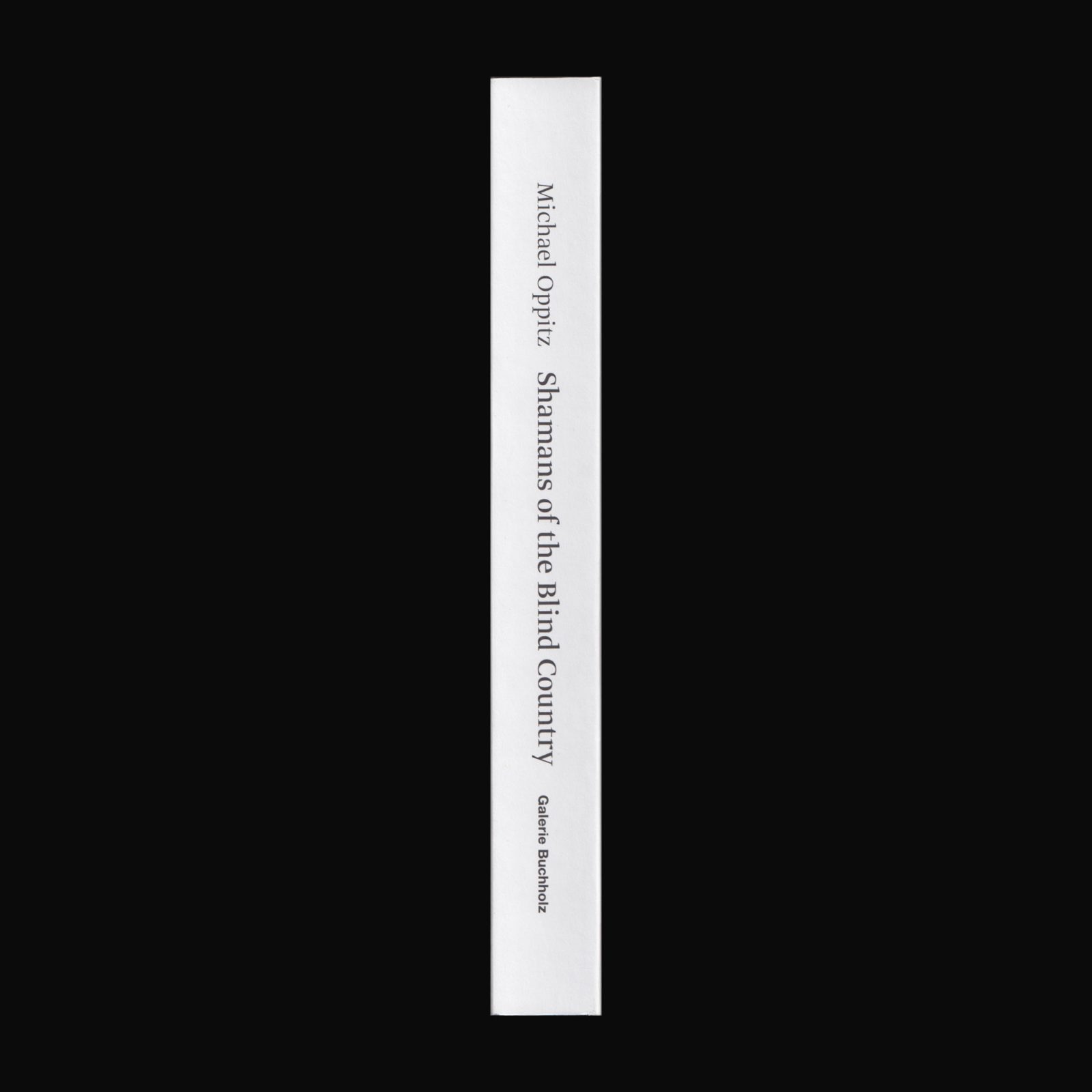
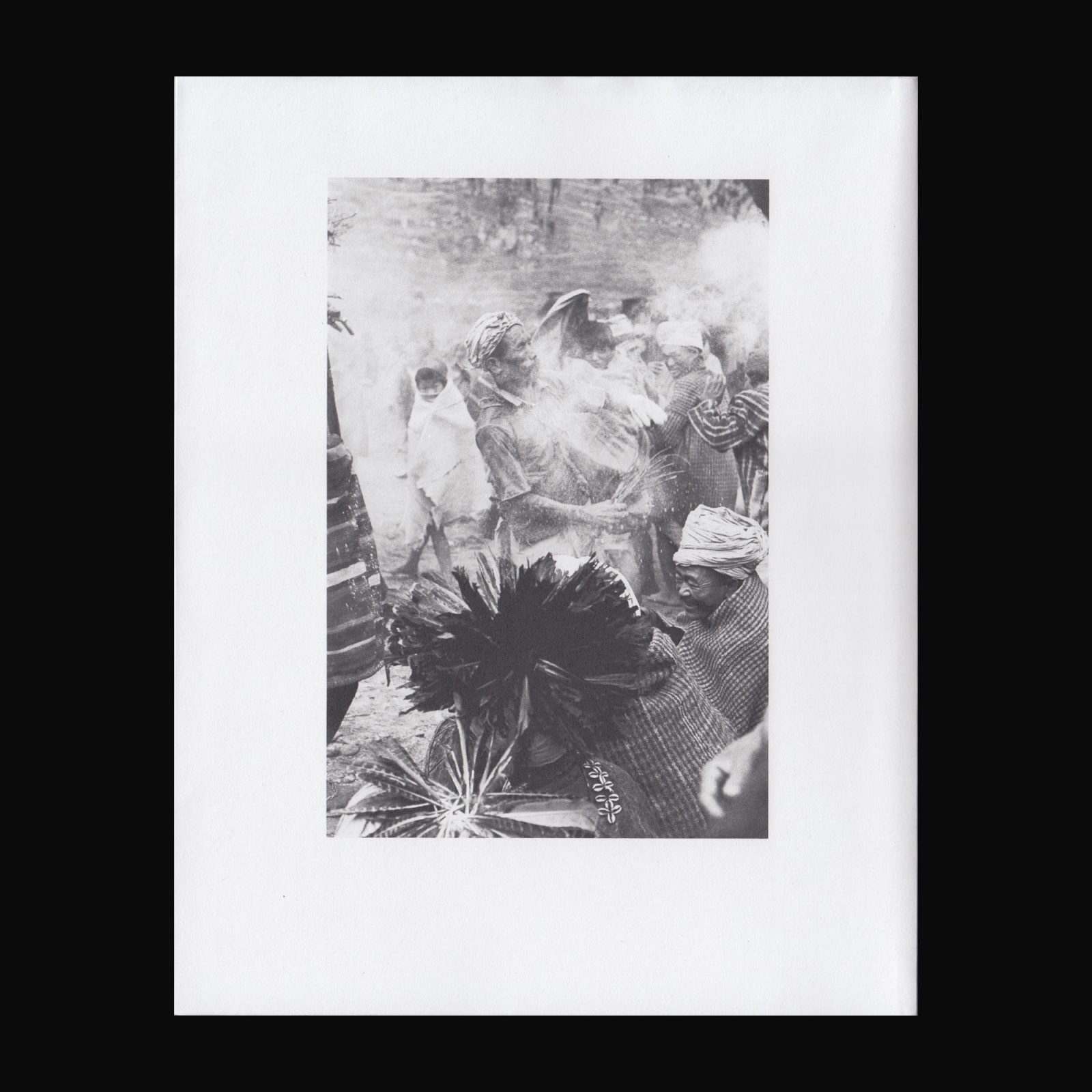
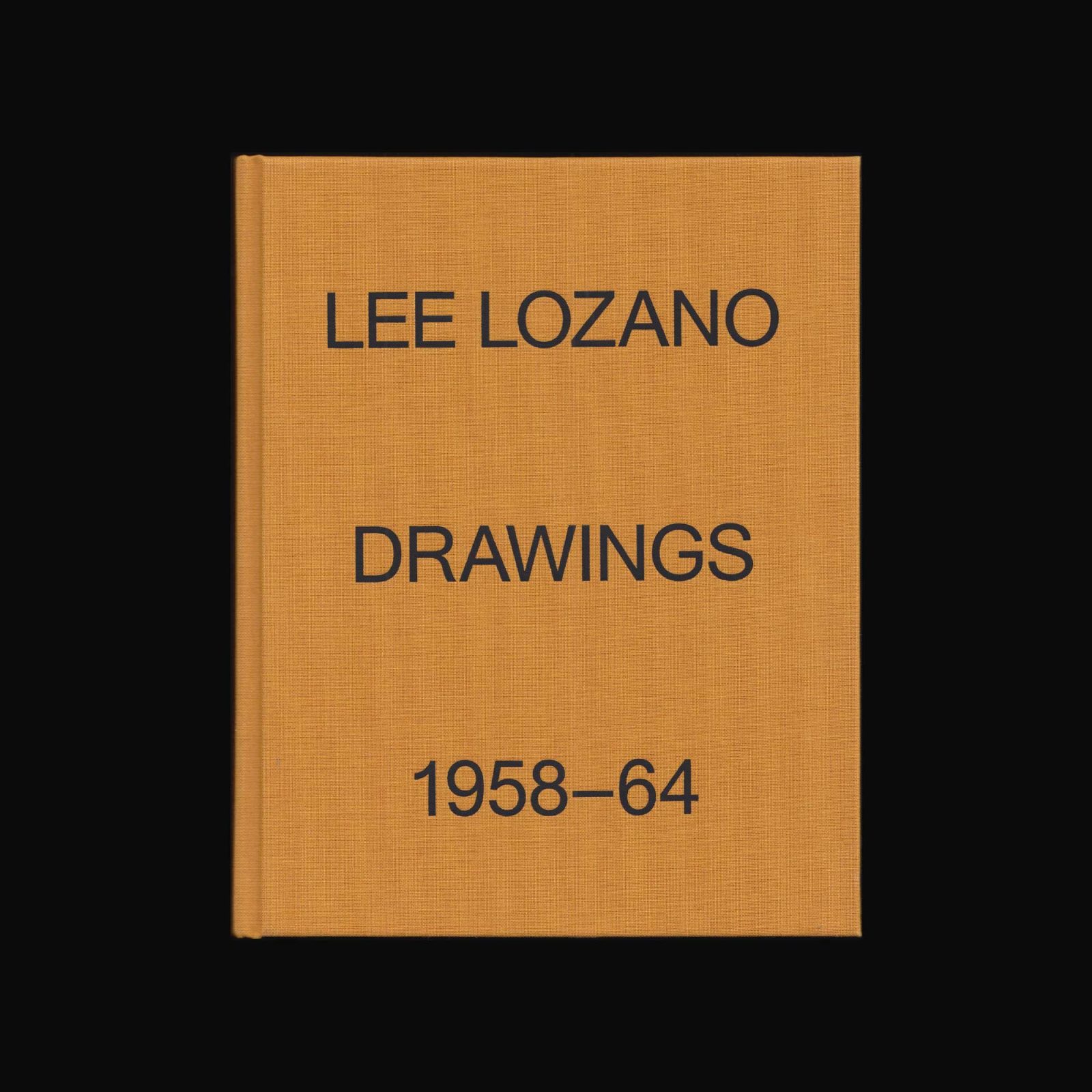
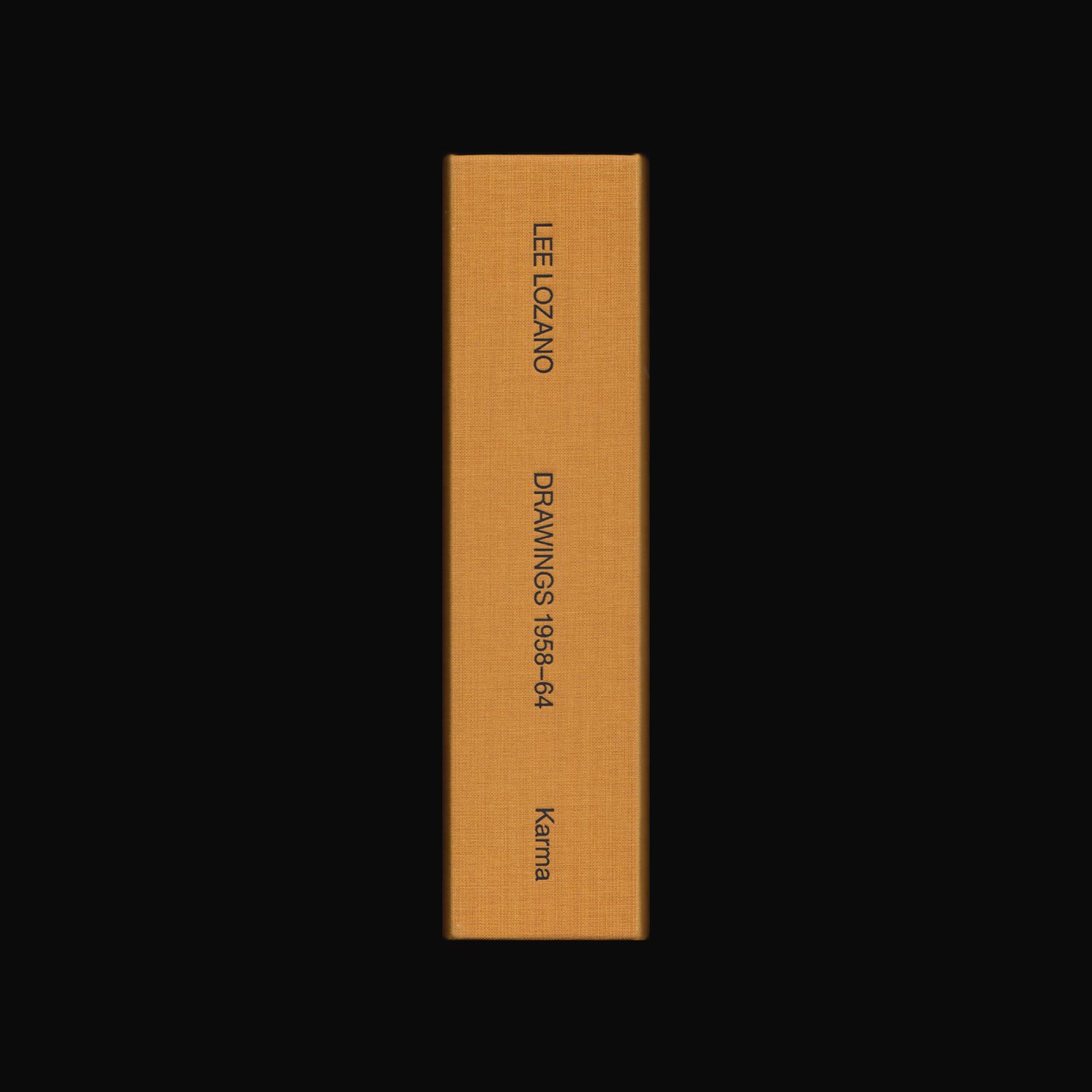
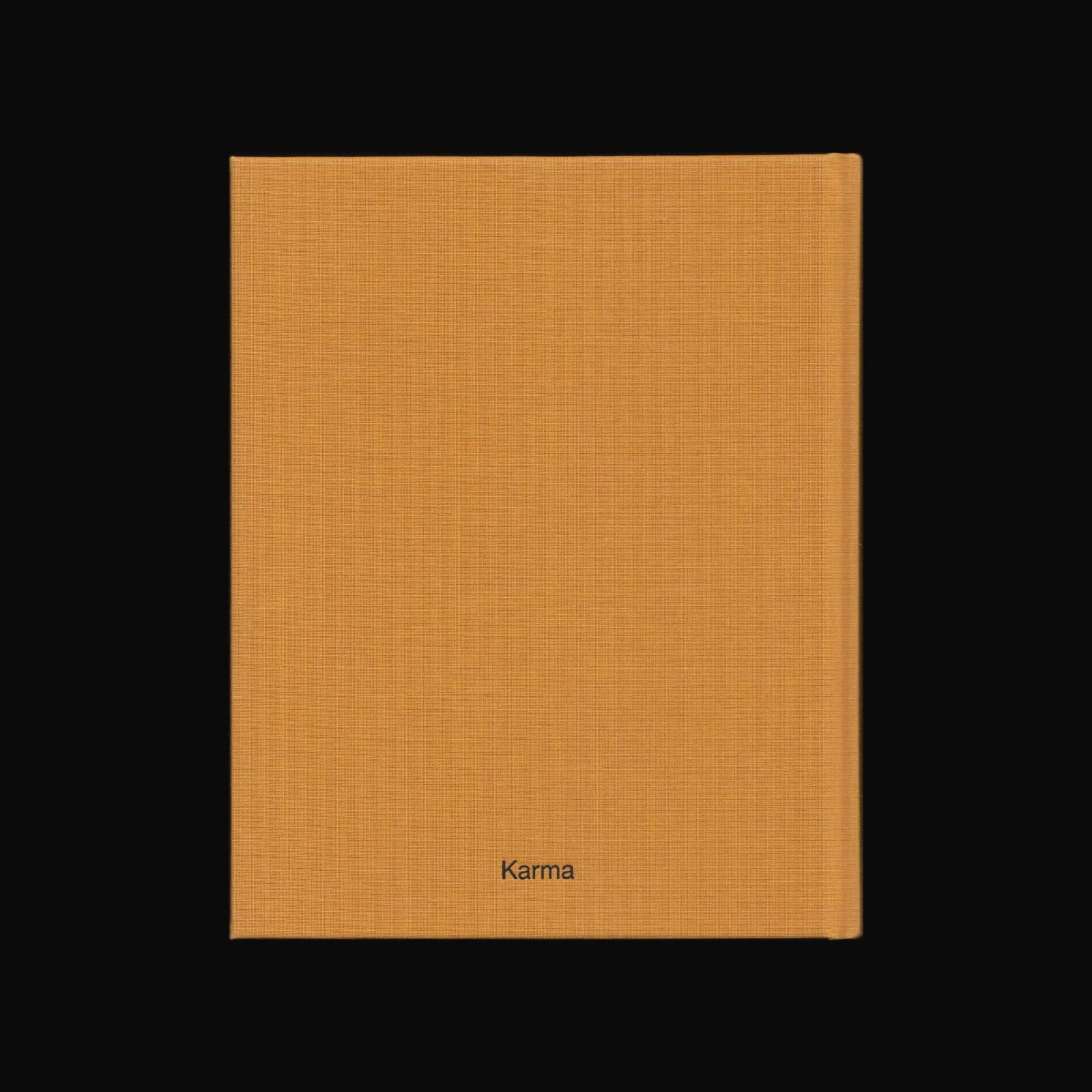
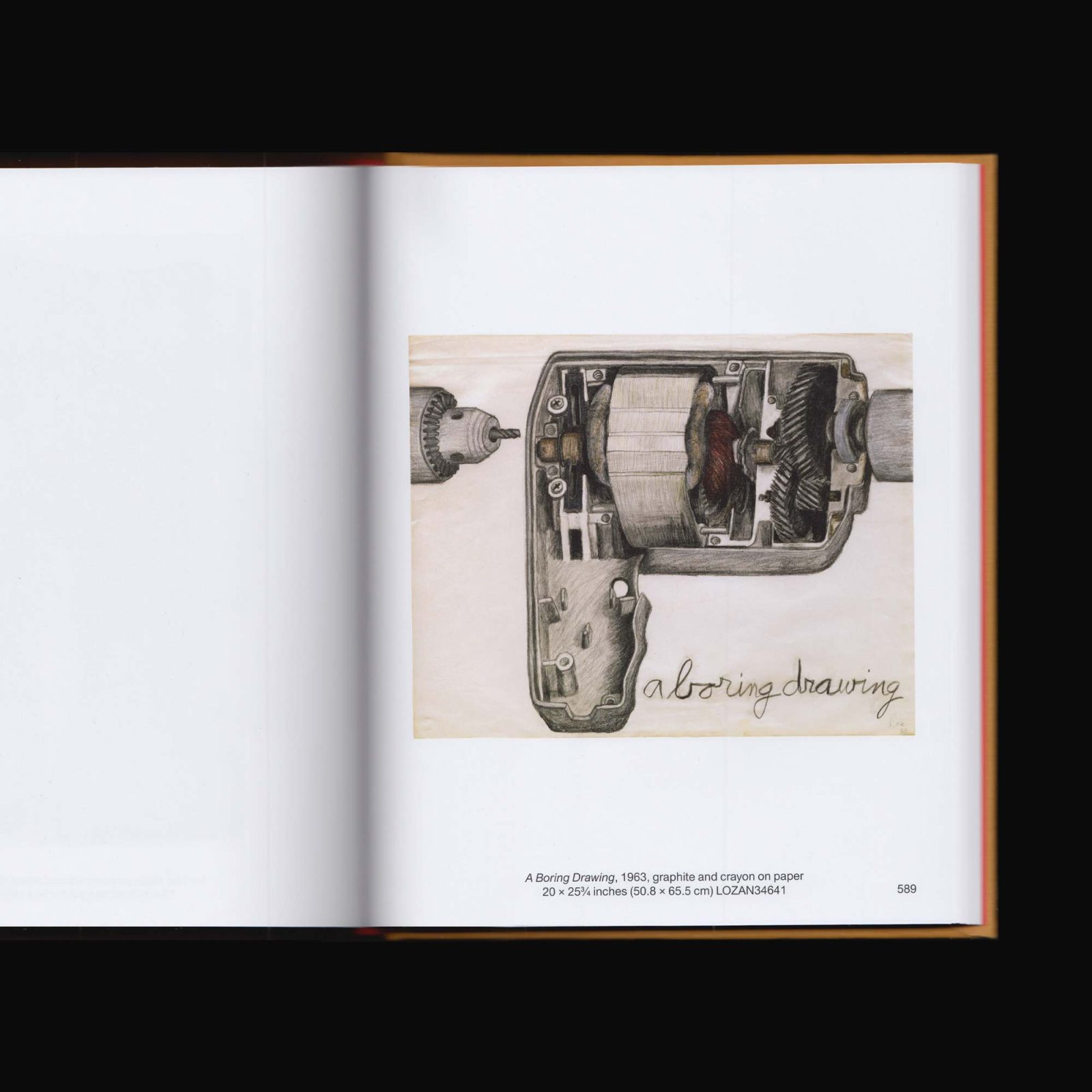
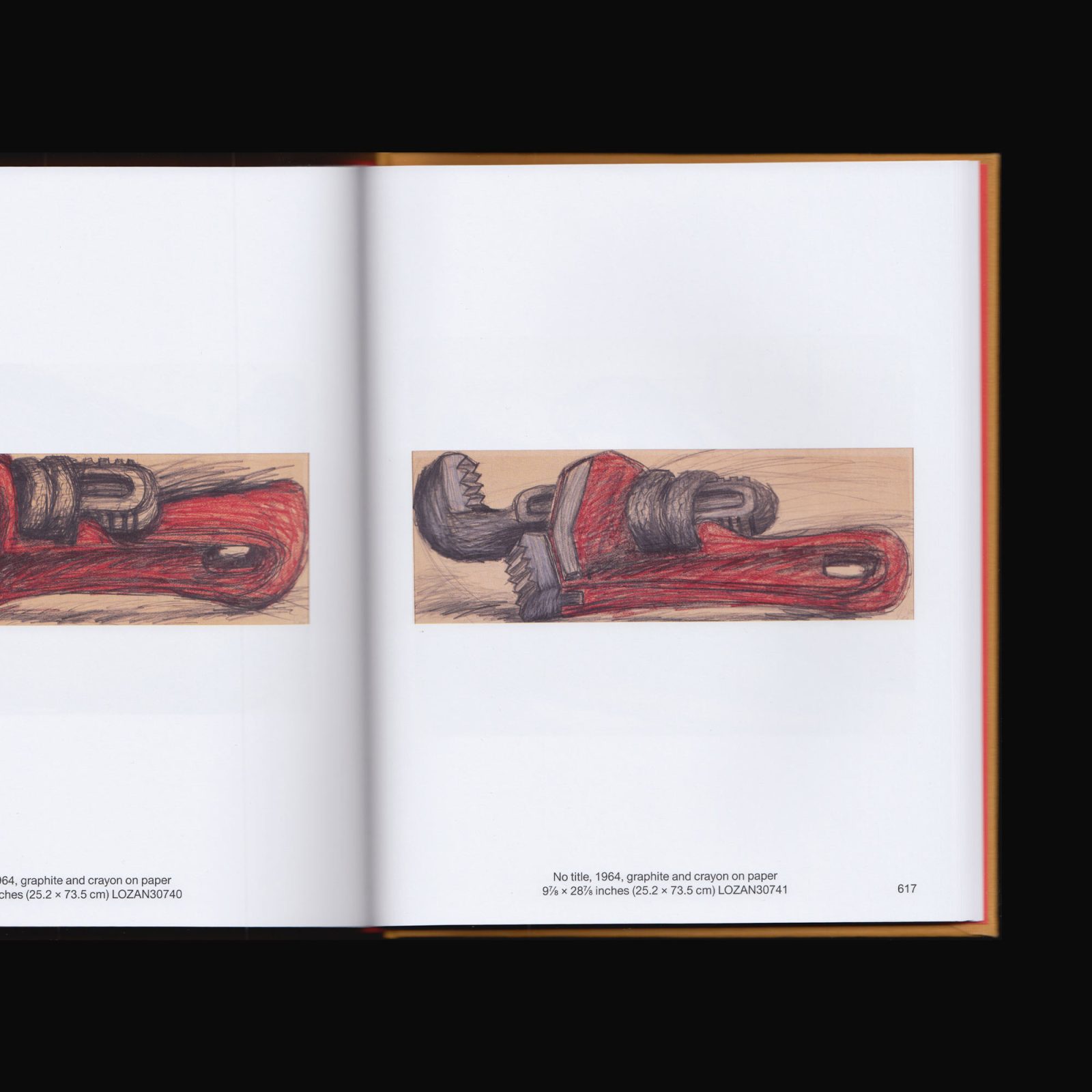
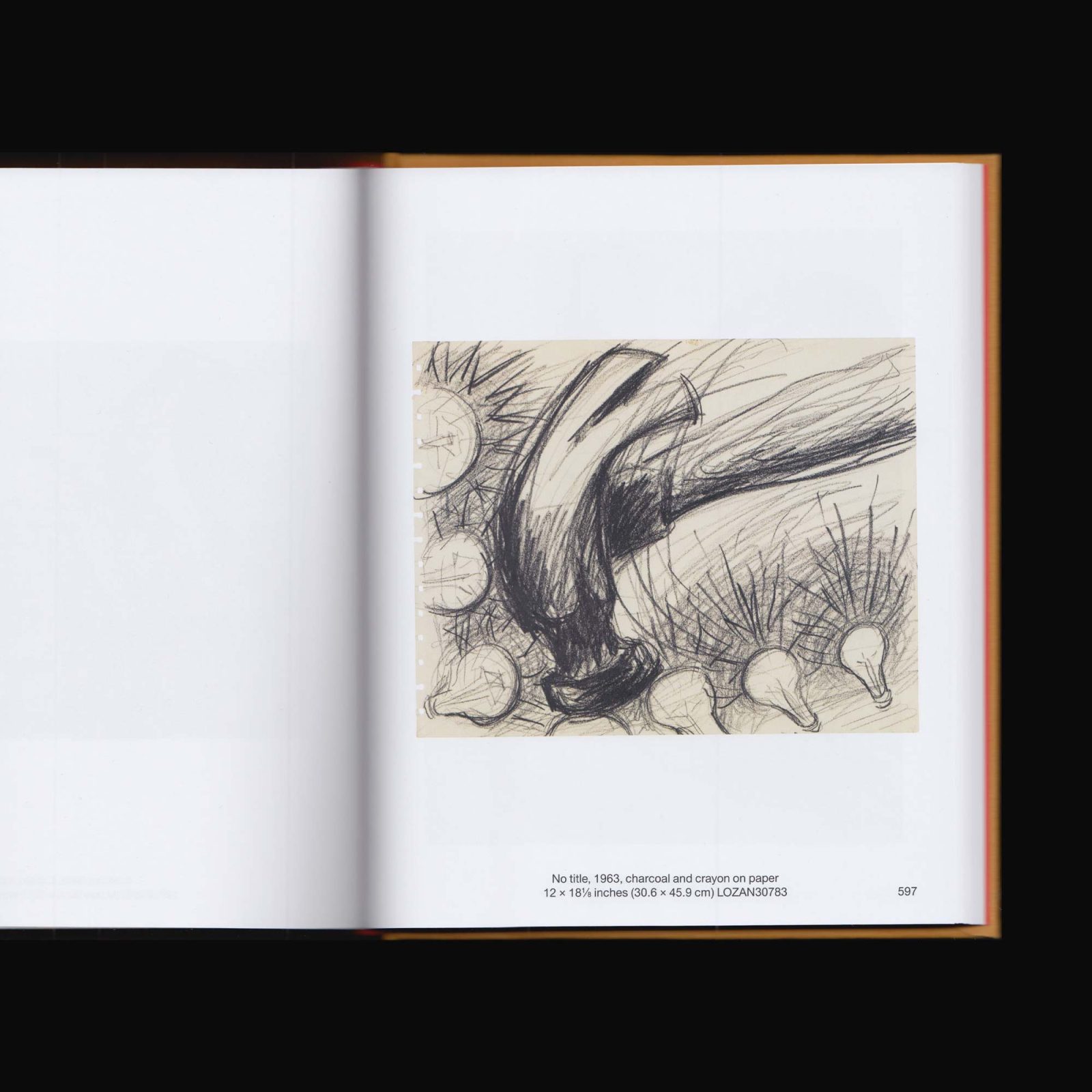
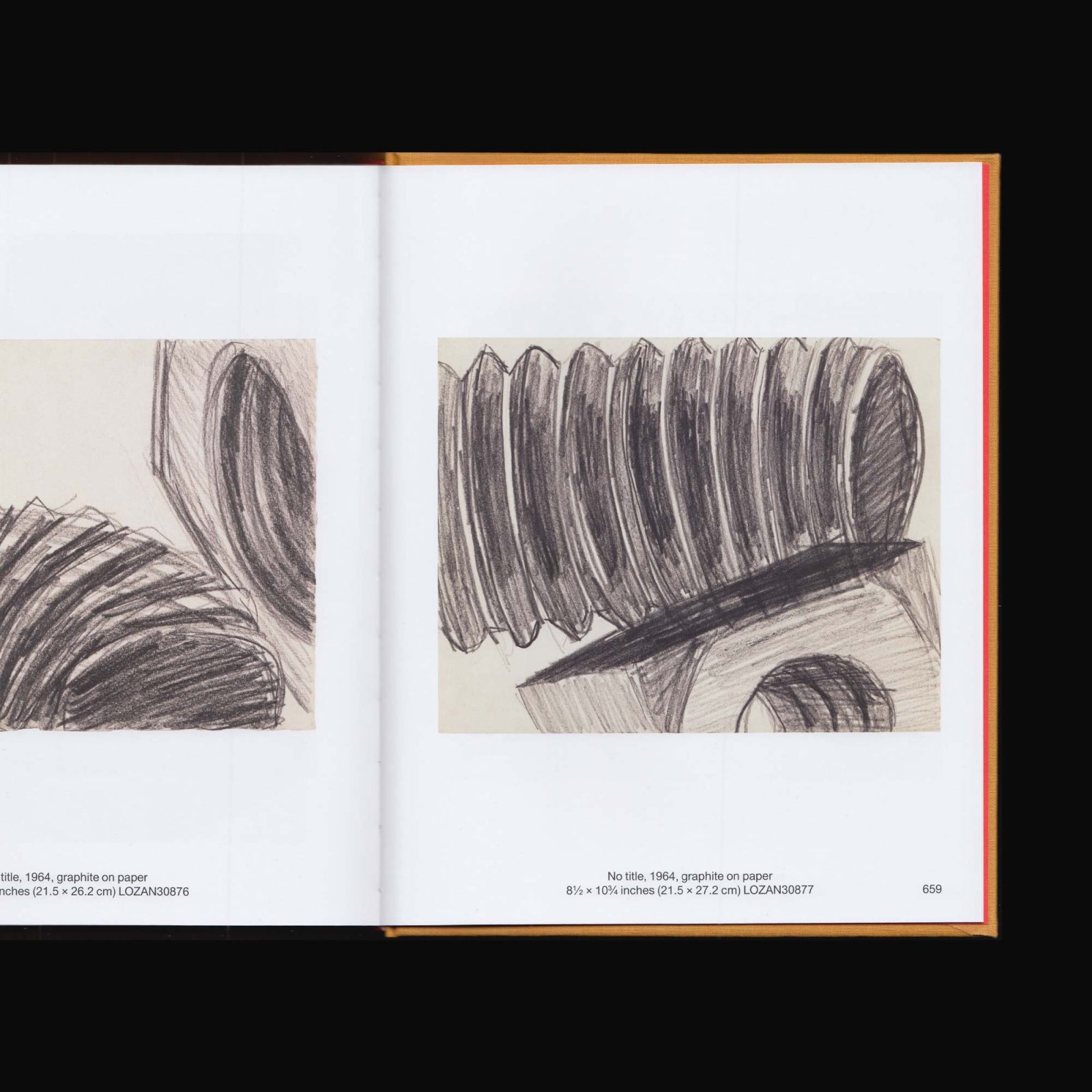
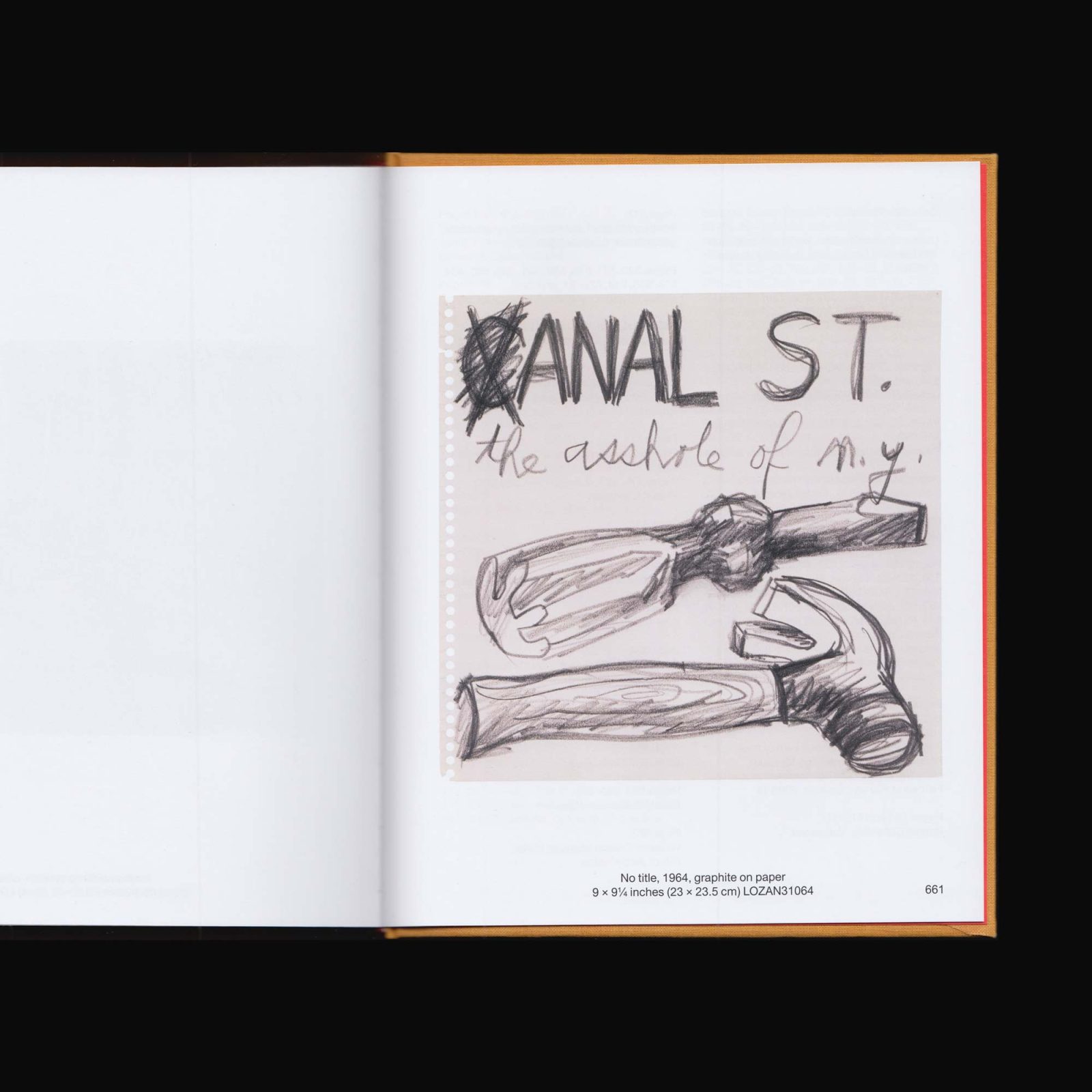
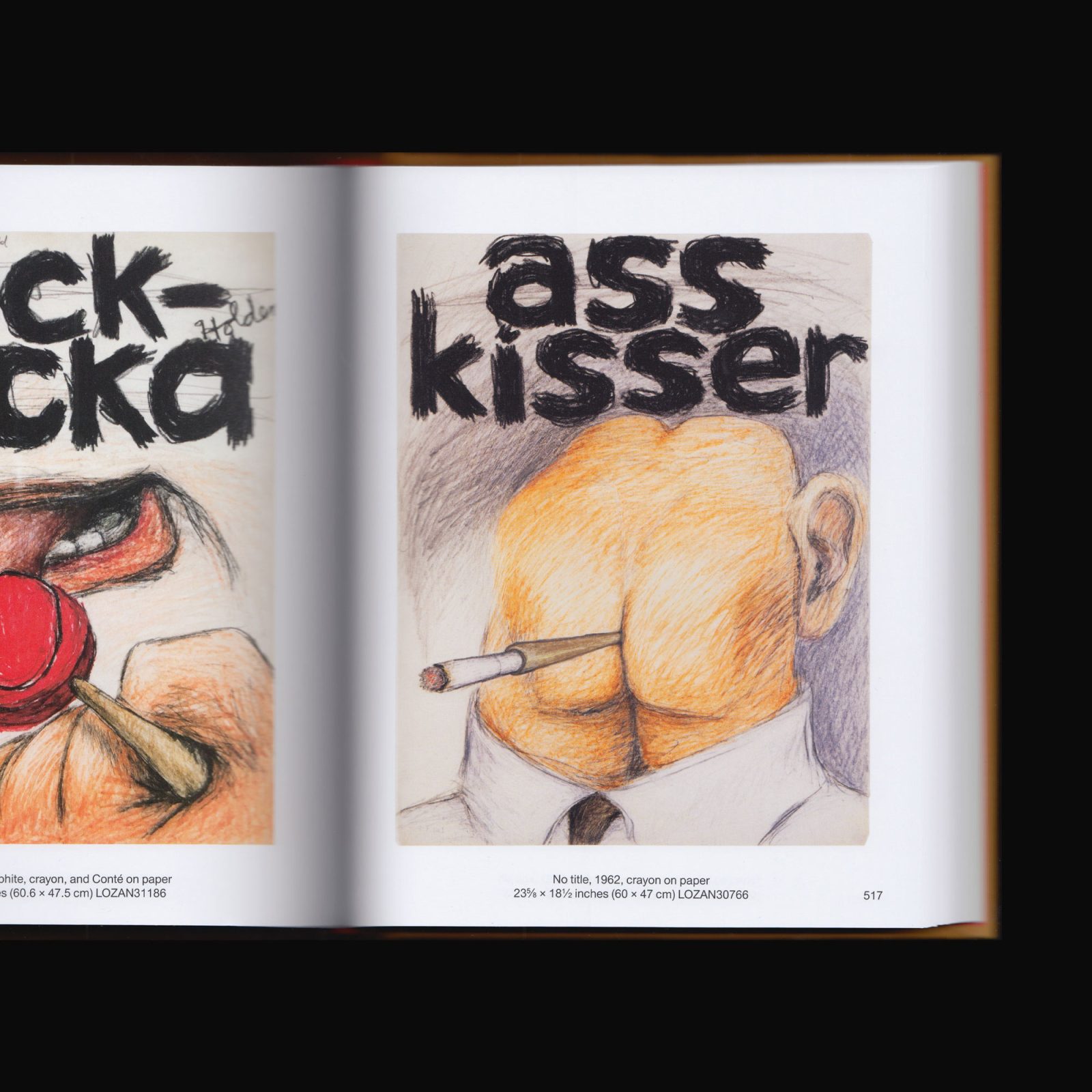
Produced on the occasion of Lee Lozano, Drawings 1959–64 at Karma, New York, July 12–August 13, 2021.
Lozano’s drawings register a social consciousness that was radical for its time and continues to be groundbreaking in the present day. Her transgressive and experimental illustrations dissect institutionalized power, behavioral propriety, and gender socialization with zealous intensity. Challenging norms of respectability, Lozano’s works are “anti-skill, antisocial, antithetical, a “manly,” macho display, figured in the touch and tone as much as in the innuendos and imagery,” as Tamar Garb aptly notes.
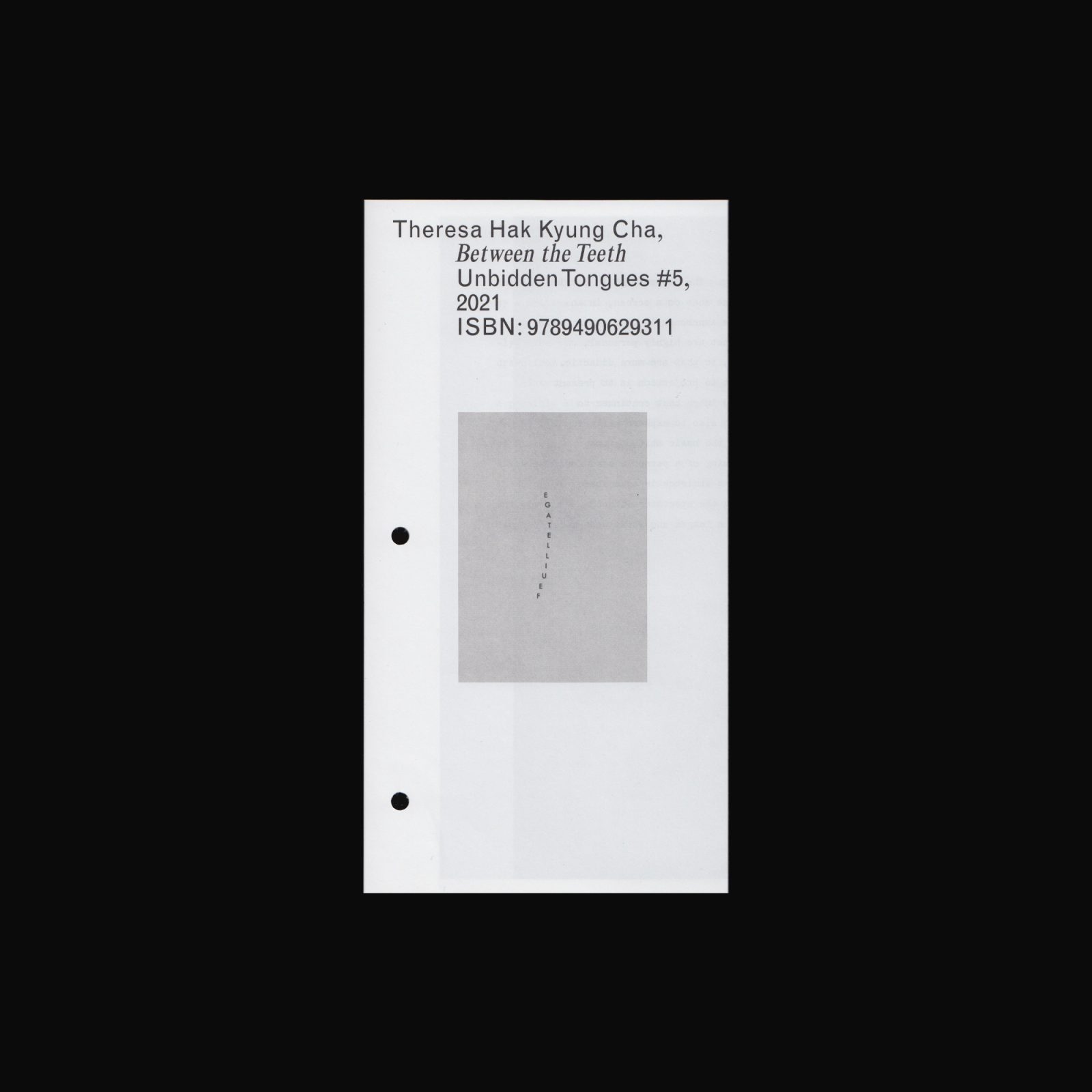
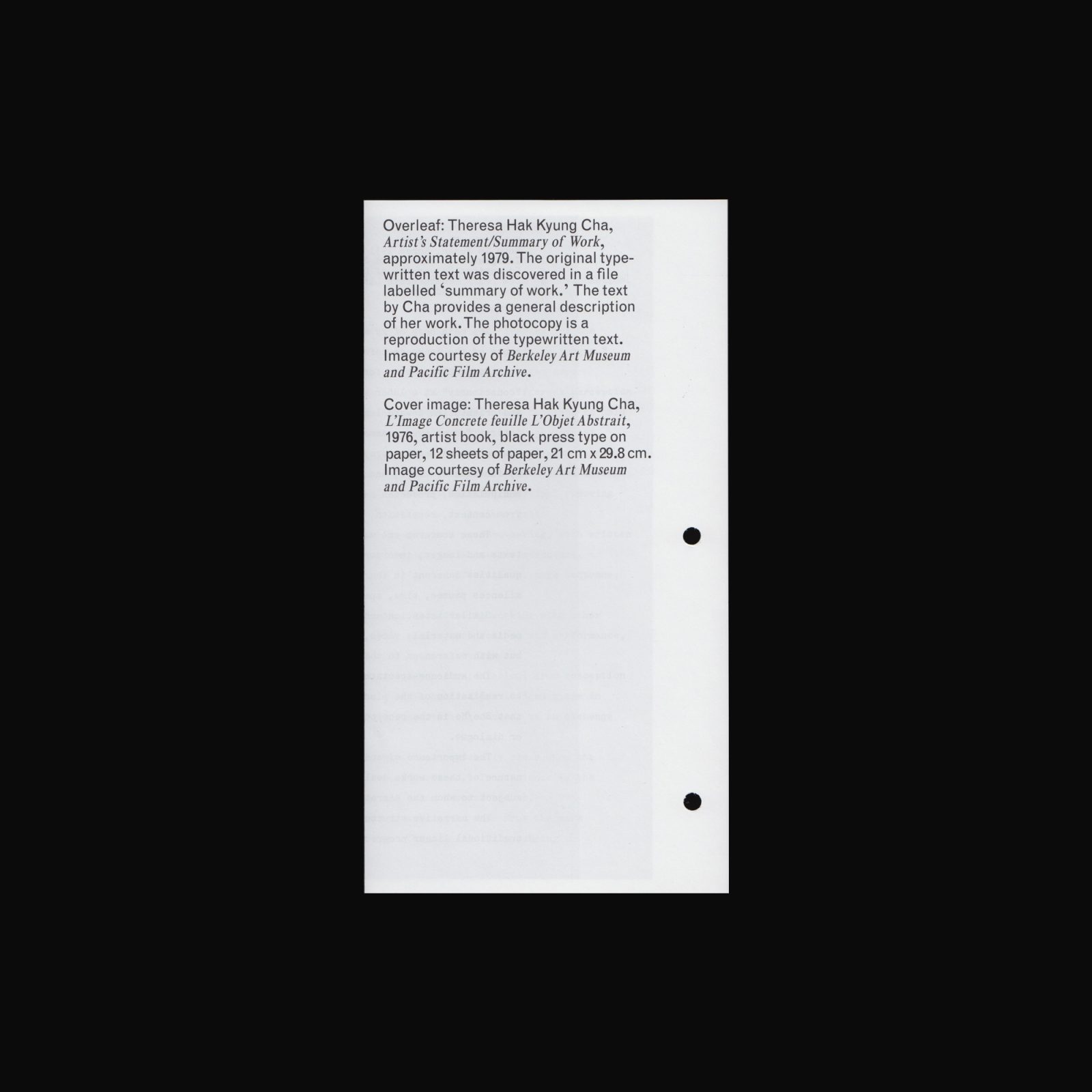
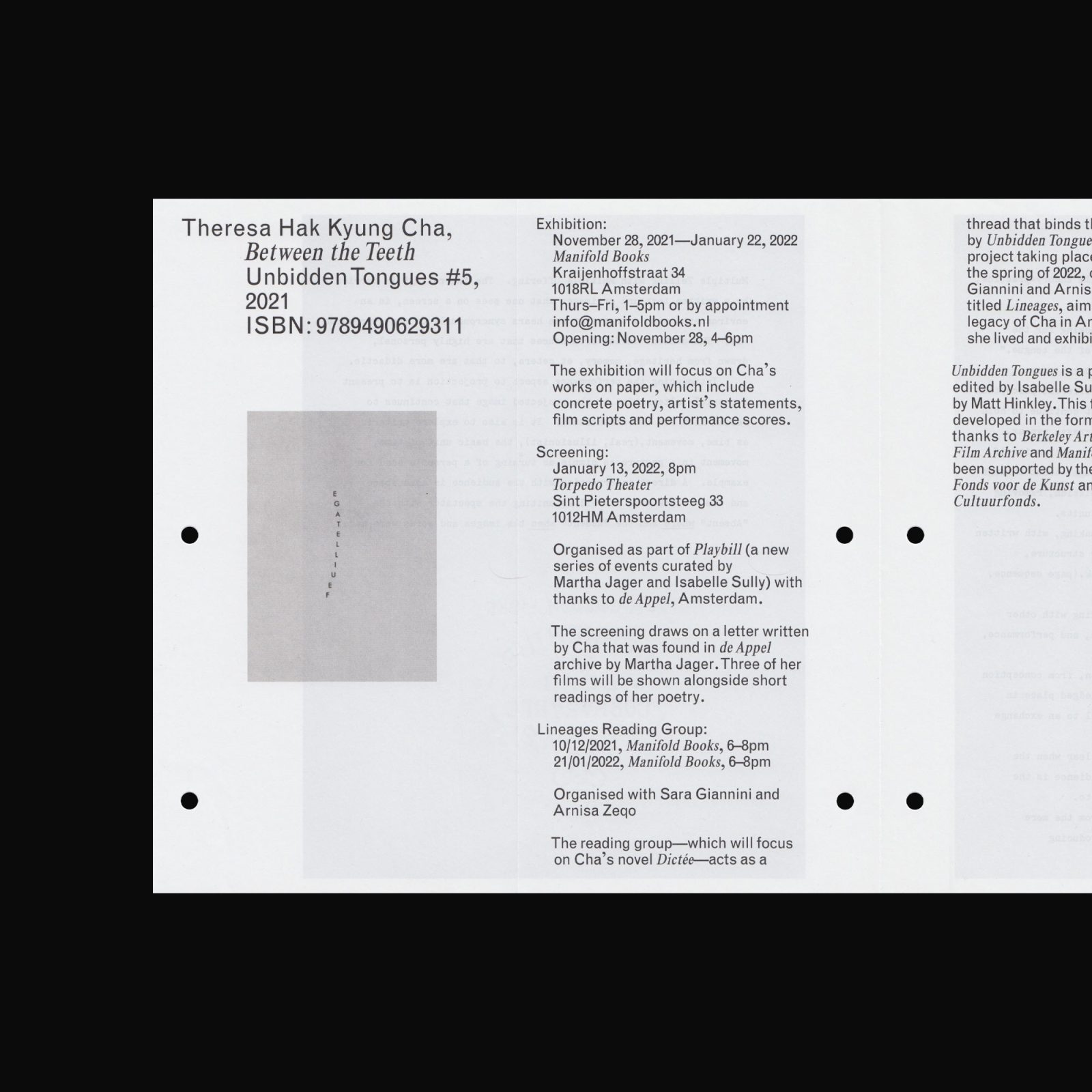
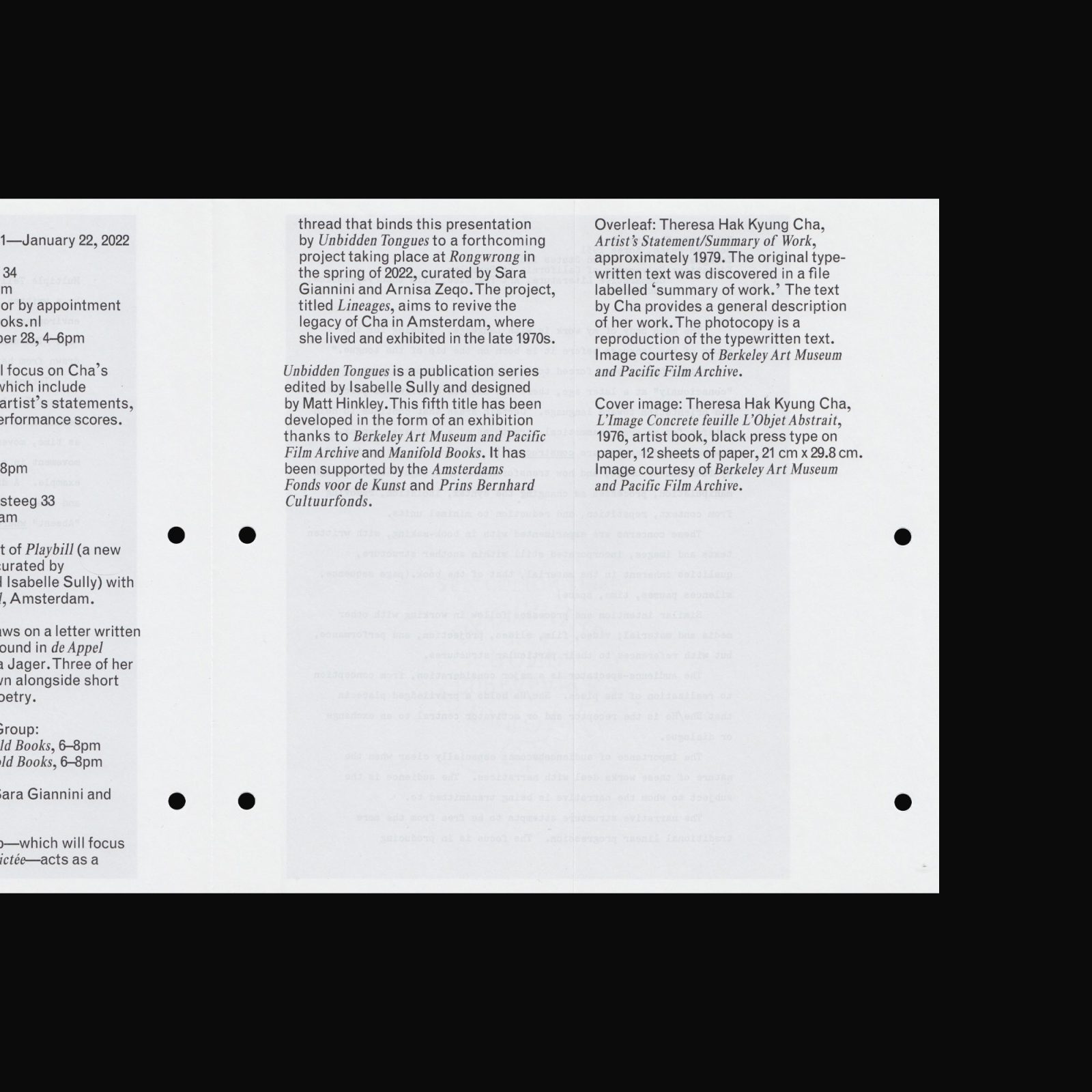
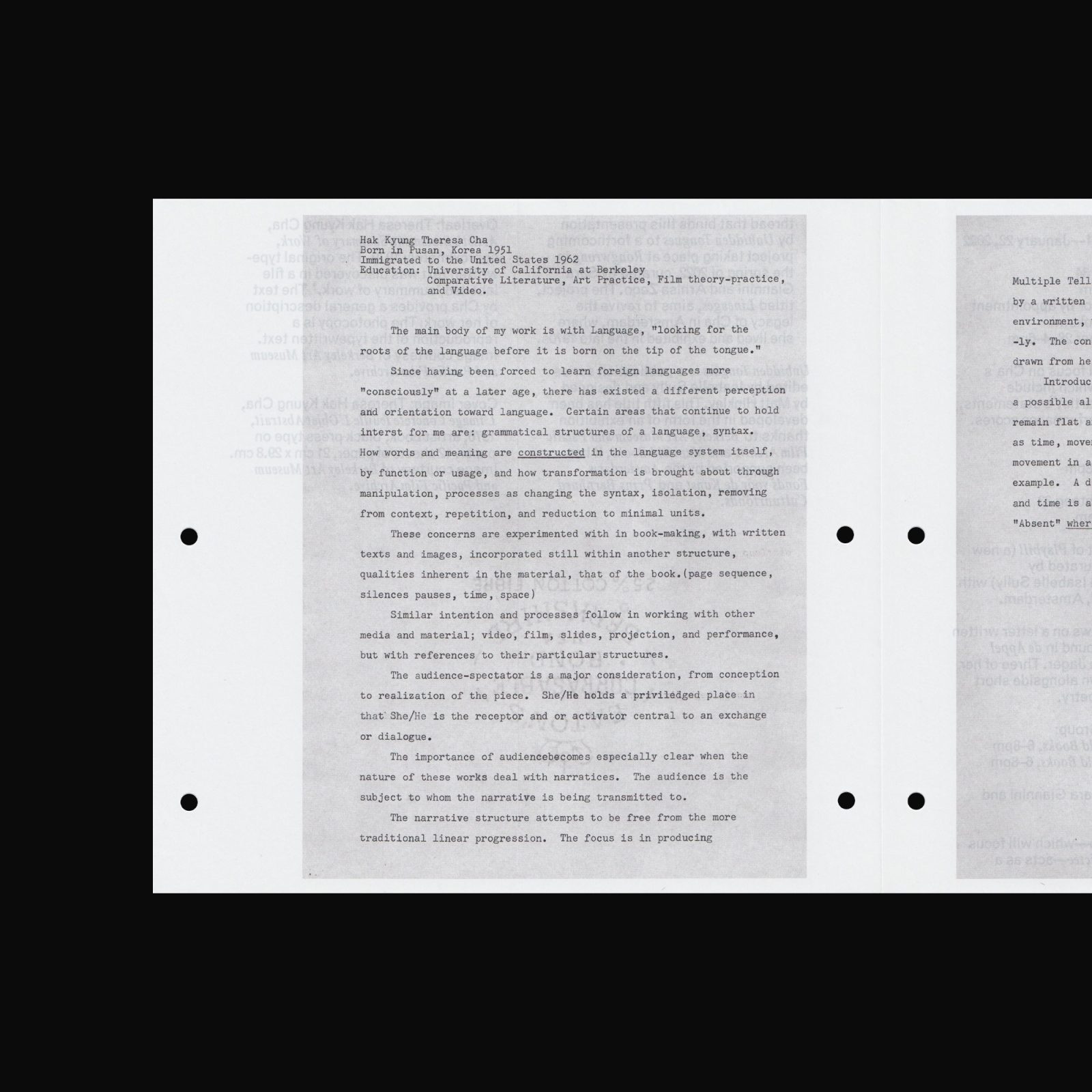
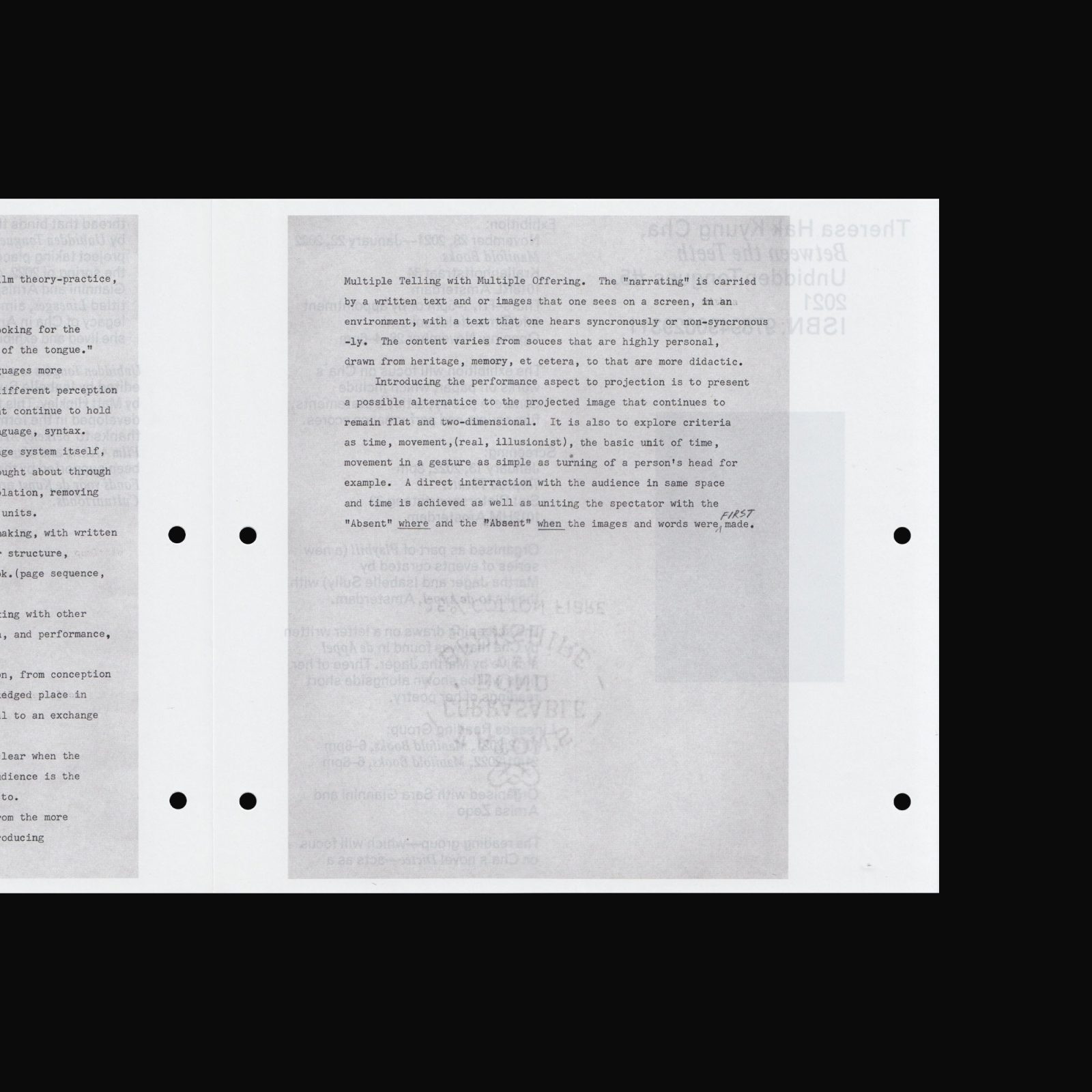
Produced on the occasion of the exhibition Unbidden Tongues #5: Theresa Hak Kyung Cha: Between the Teeth at Manifold Books, Amsterdam, 28 November, 2021–22 January, 2022.
Drawing on artist, poet and filmmaker Theresa Hak Kyung Cha’s extensive and largely unexhibited archive of ‘work on paper’, Unbidden Tongues #5: Between the Teeth is a publication-turned-exhibition and the fifth title in the series. From never-realised film scripts to concrete poetry and artists statements written intimately in the first person, the collection of material selected for this occasion presents the varying ways with which Cha drew on her personal and familial experience as an immigrant to conceptually grapple with language and its mediation and suppression, particularly, in this case, in its written form.
More information on the exhibition can be found here.
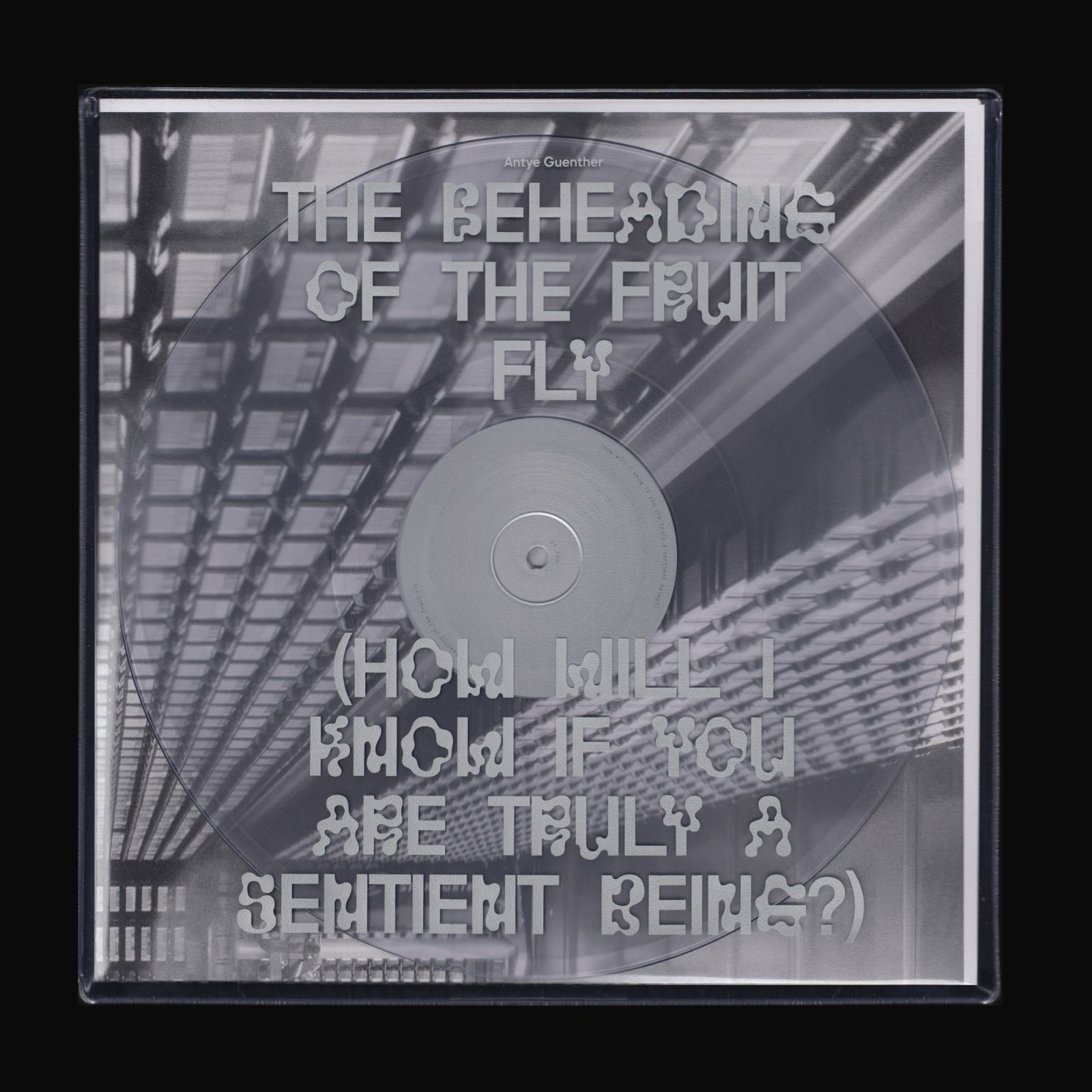
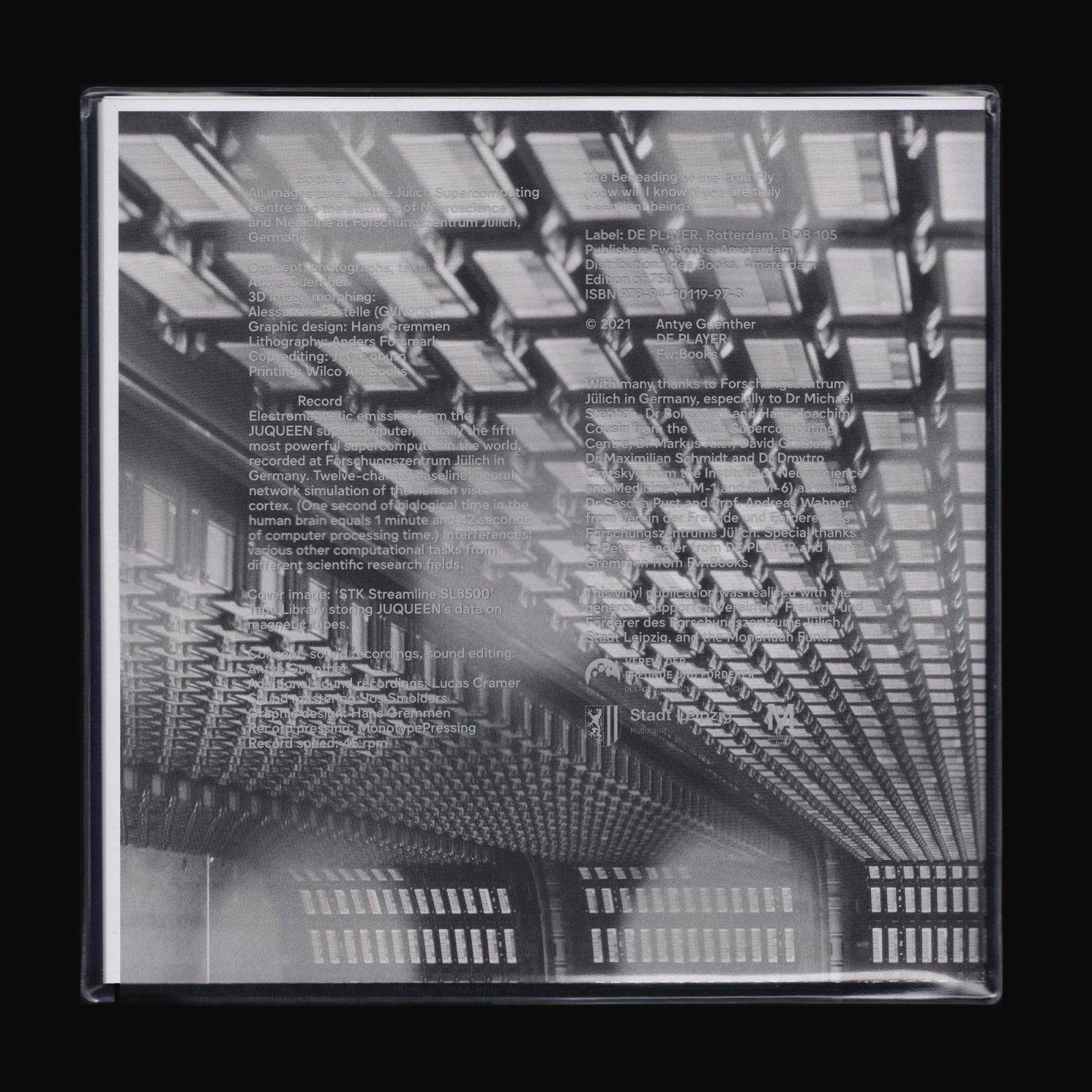
A vinyl publication dealing with seductive, nevertheless problematic computer-brain-analogies while acknowledging potential other-than-human intelligence/intelligent behaviour. It unfolds a poetic narrative of a machine that is talking back. This machine questions humans’ thinking and perception of the world in restrictive (binary) categories while expressing at the same time it’s longing for connection and for merging with its surrounding. The vinyl of THE BEHEADING OF THE FRUIT FLY contains electromagnetic sound emission of JUQUEEN, initially the fifth most powerful supercomputer in the world, located at the Forschungszentrum Jülich in Germany.
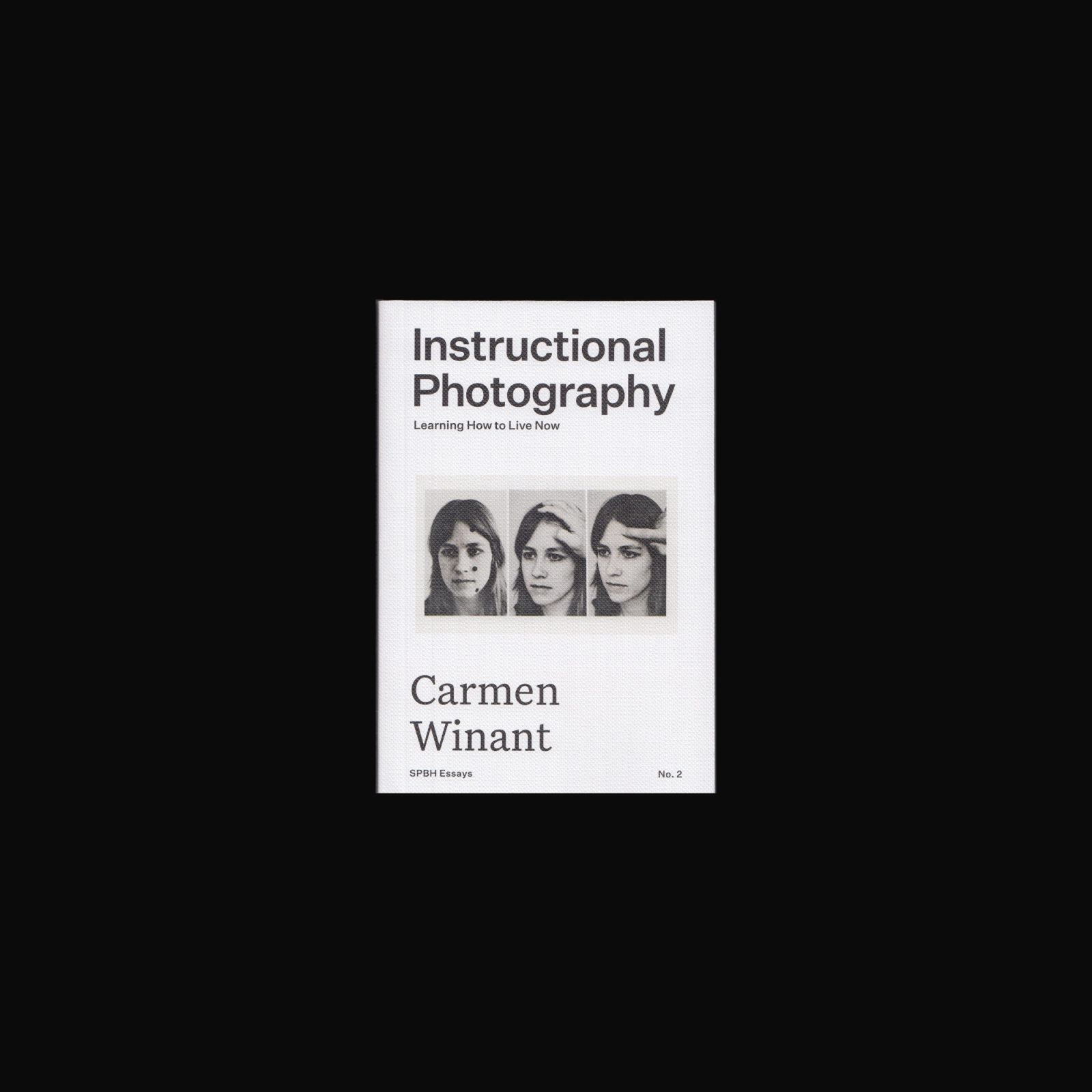

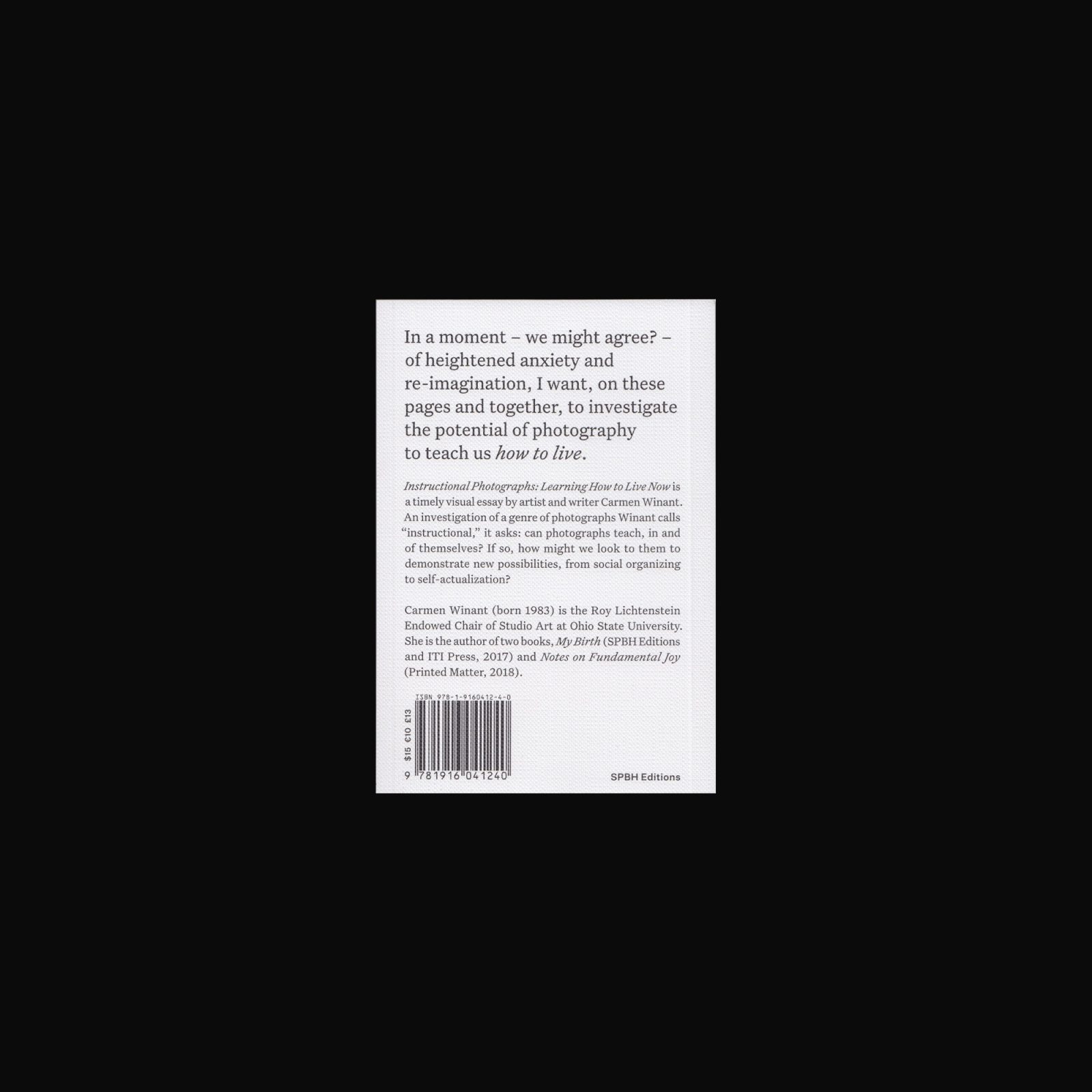
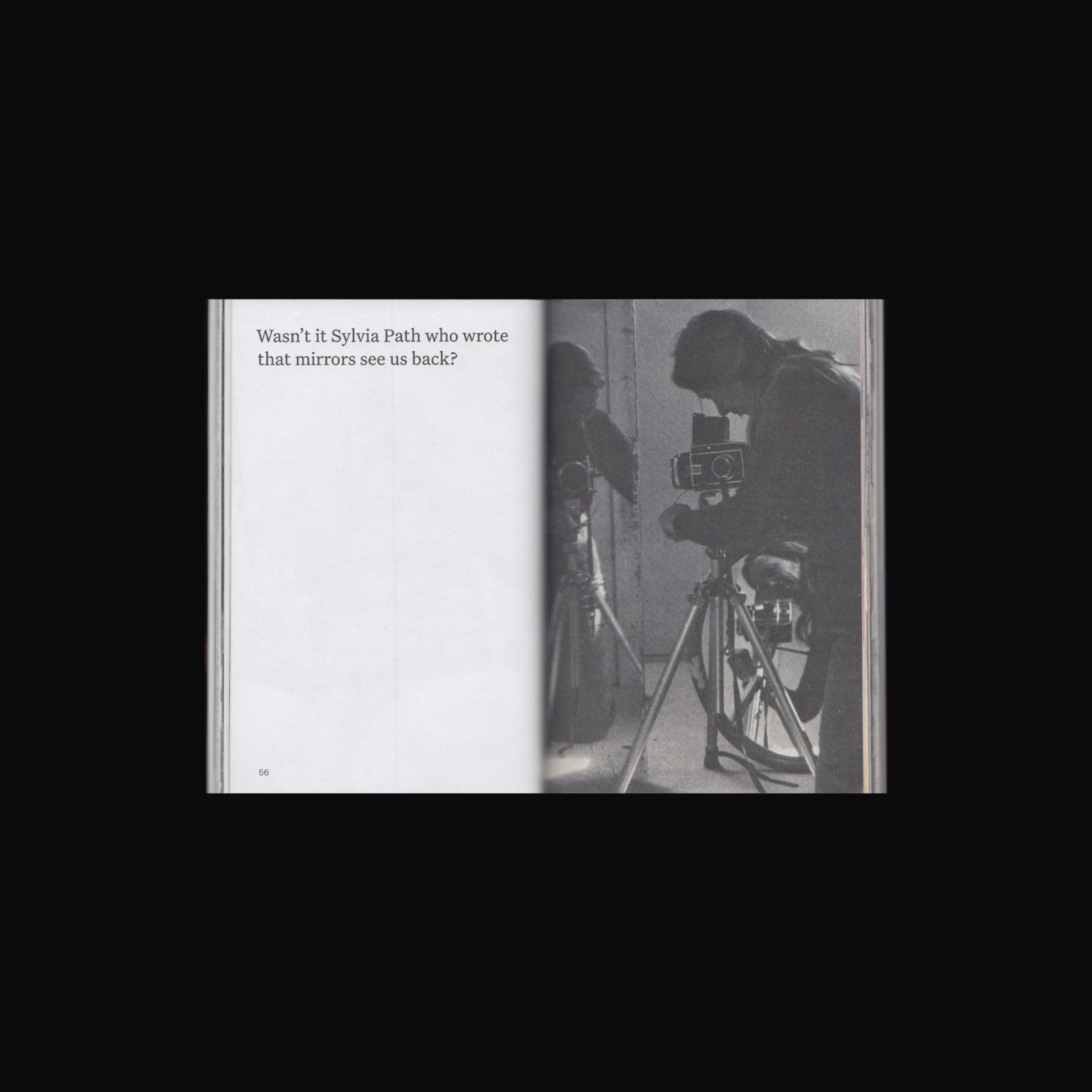
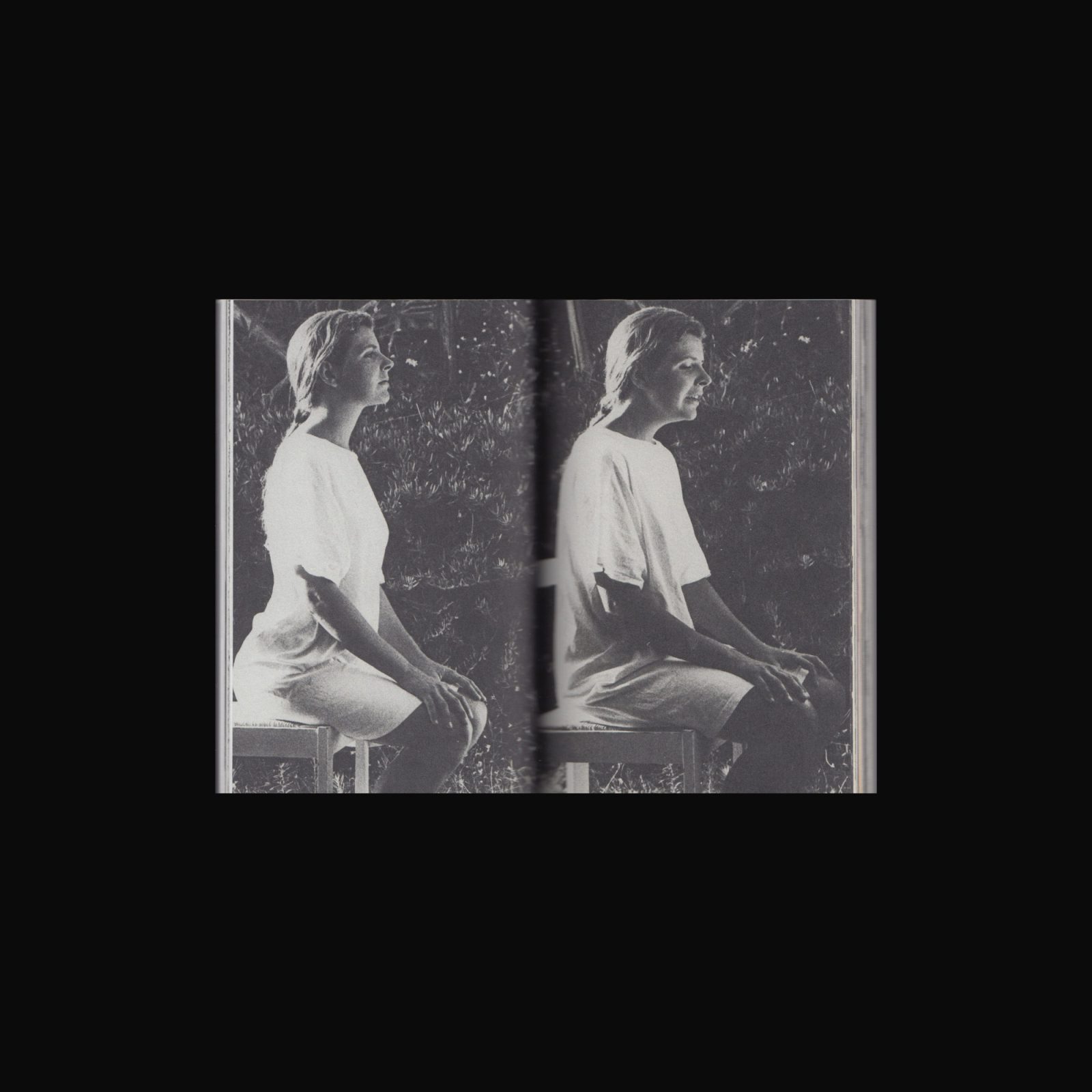
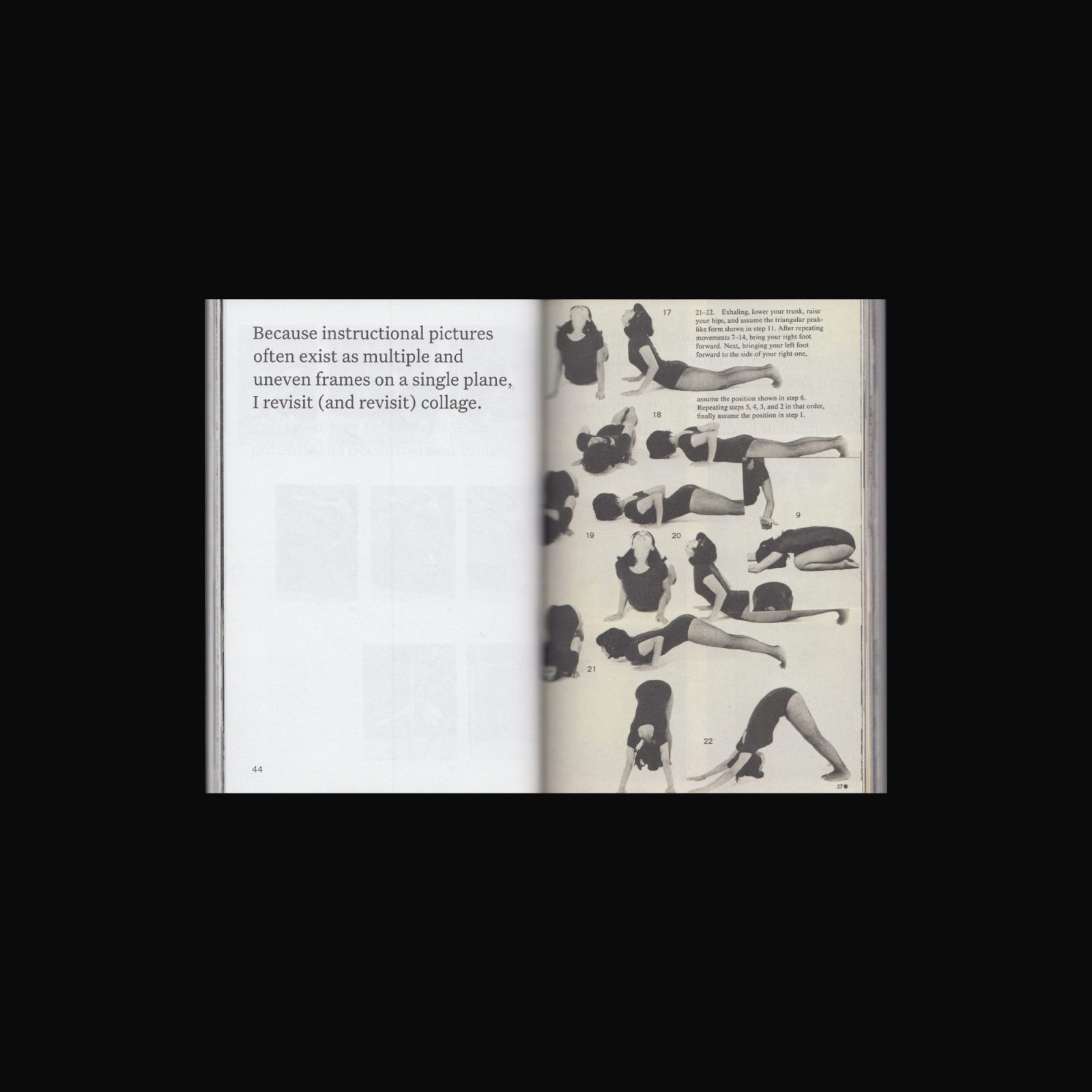
Instructional Photography: Learning How to Live Now by artist and writer Carmen Winant, is an investigation of a genre of photographs Winant calls “instructional”, it asks: can photographs teach, in and of themselves? If so, how might we look to them to demonstrate new possibilities, from social organizing to self-actualization?
Alternating between found images and shorter, text-based observations (which serve to reinforce, rather than explain, one another), Winant delves into this new category of images through her own collection, understanding them as something beyond, or at least in between, documentary and fine art.
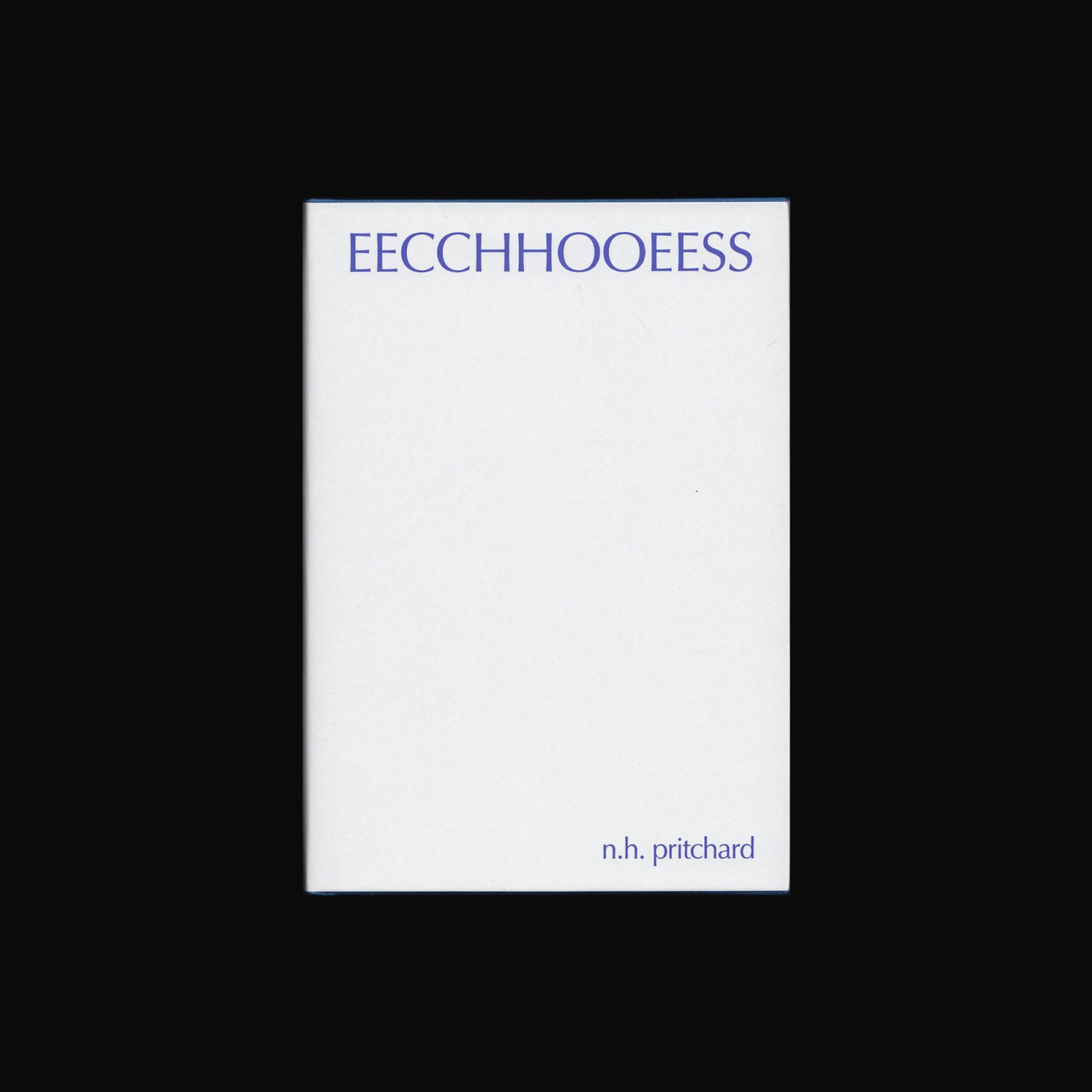

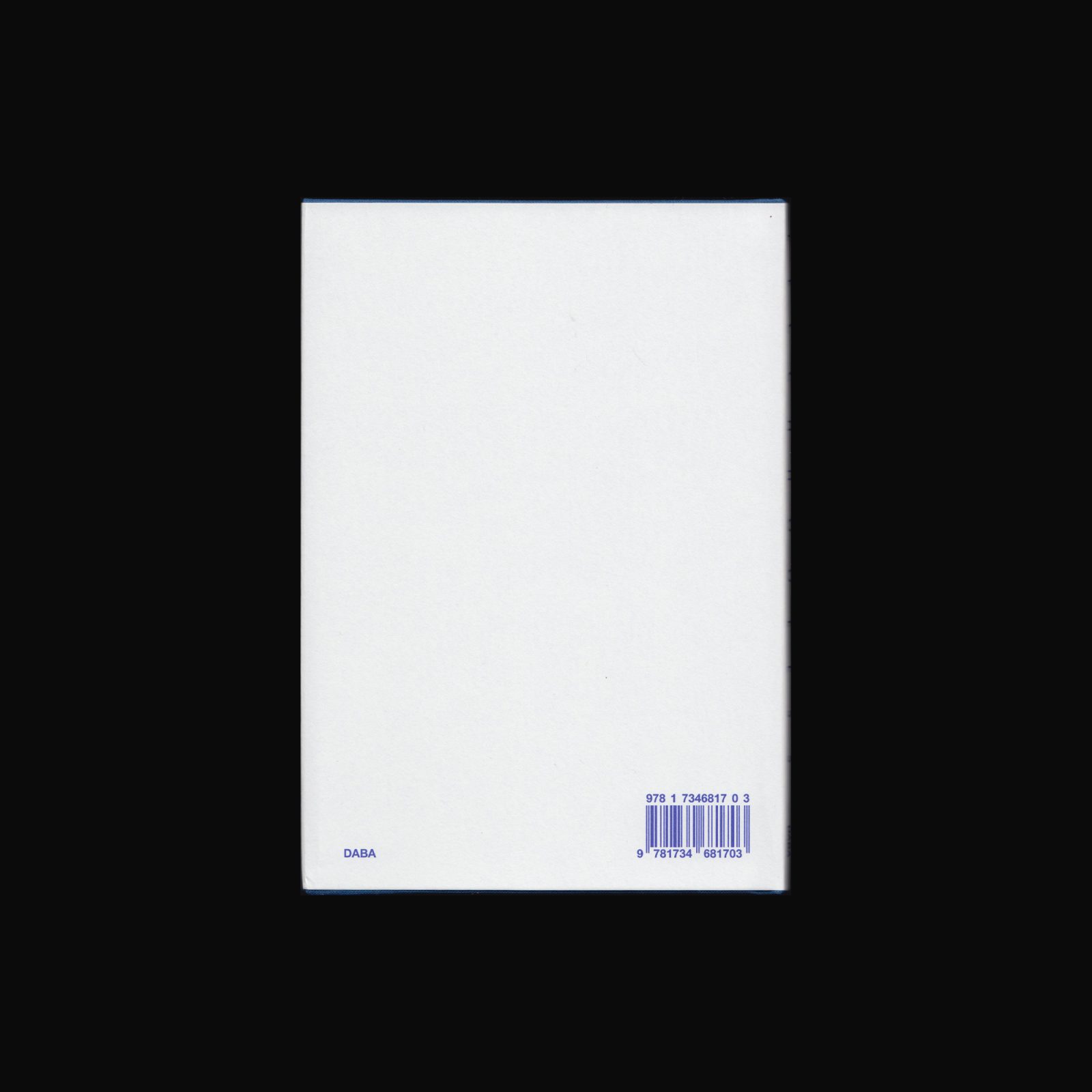
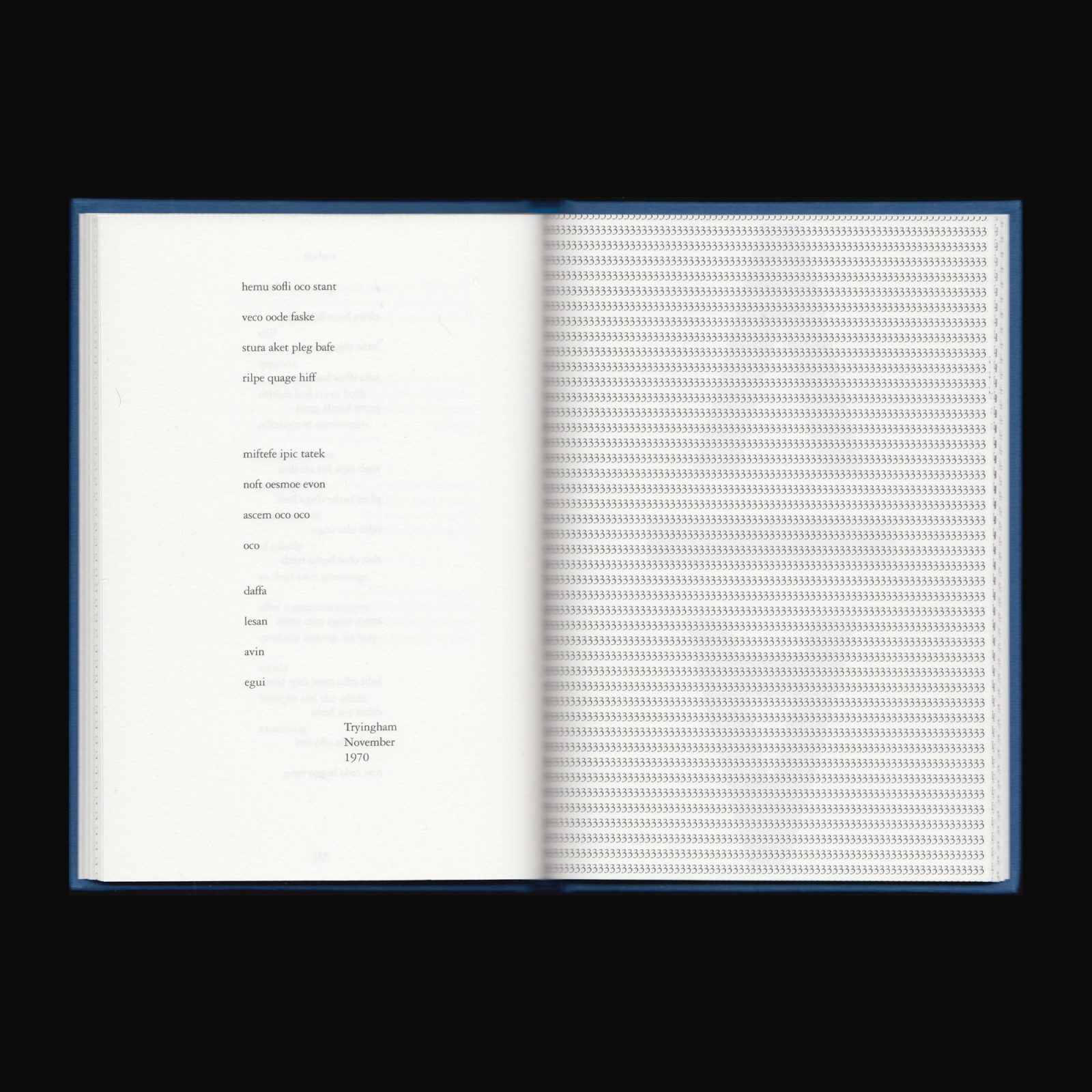
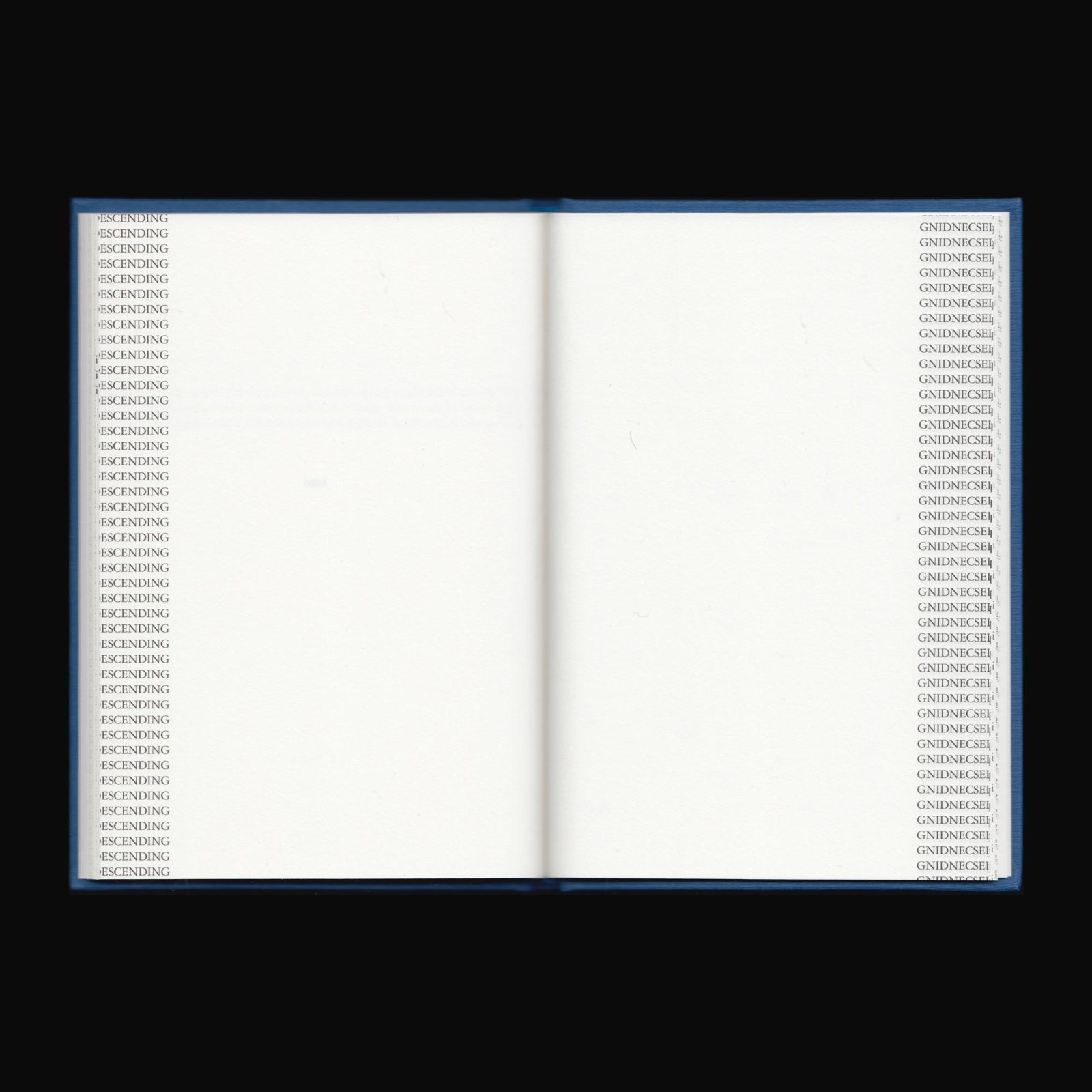
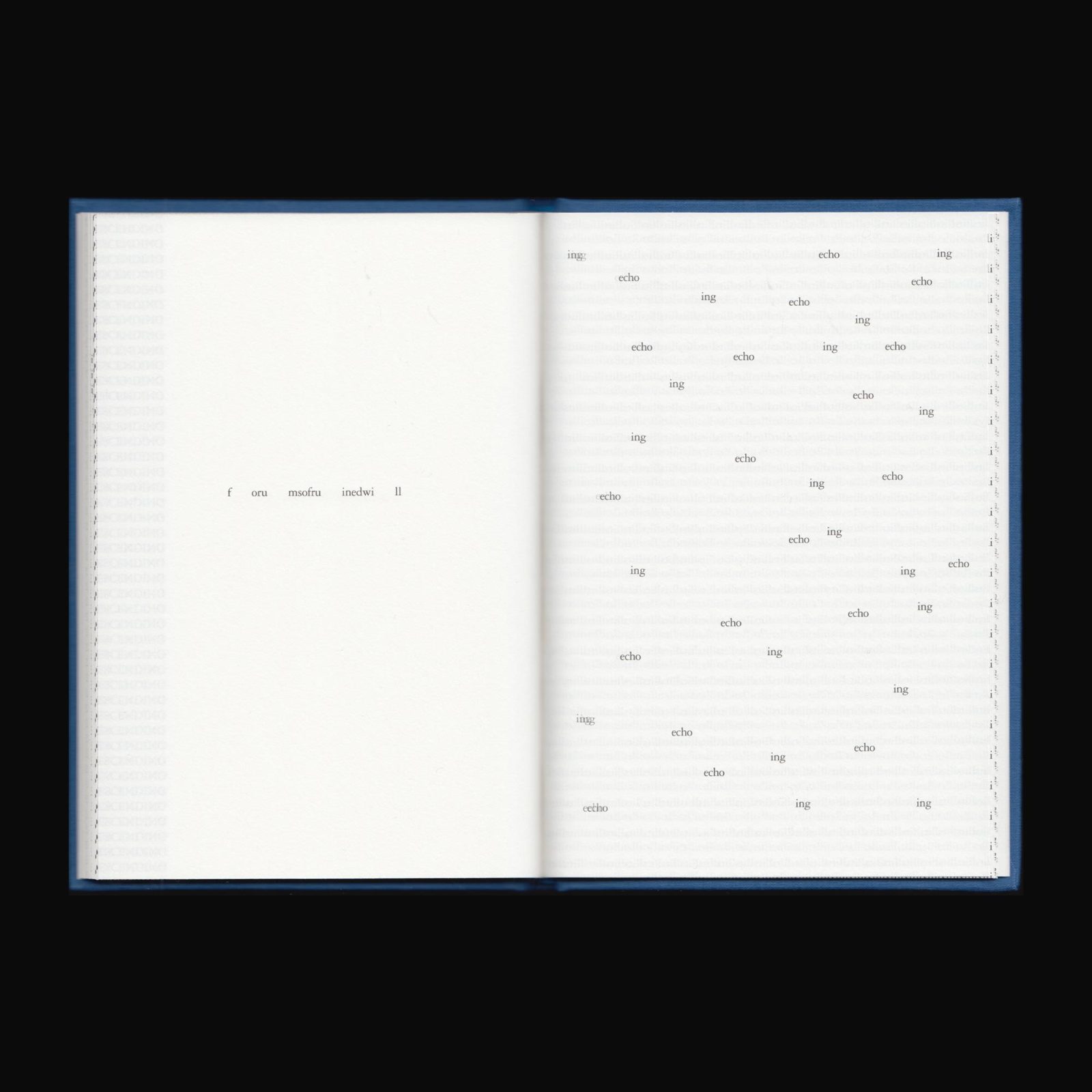
American poet Norman H. Pritchard’s second and final book, EECCHHOOEESS was originally published in 1971 by New York University Press. Pritchard’s writing is visually and typographically unconventional. His methodical arrangements of letters and words disrupt optical flows and lexical cohesion, modulating the speeds of reading and looking by splitting, spacing and splicing linguistic objects. His manipulation of text and codex resembles that of concrete poetry and conceptual writing, traditions from which literary history has mostly excluded him. Pritchard also worked with sound, and his dynamic readings—documented, among few other places, on the album New Jazz Poets (Folkways Records, 1967)—make themselves heard on the page.